What To Do If Horse Failed Vetting
Sep 11, 2023 | Super Equestrian

Imagine that you went to buy a horse and chose a handsome and attractive horse with a thick and silky mane, smooth and shiny coat, glazing brown eyes, and muscular physique.
When the horse is sent for vetting after all of your bargaining, you receive unexpected and heartbreaking news that you were not hoping for. “Nooooo! "My horse failed the vetting!". You begin to panic and wonder what you will do next.
Well, you need to be patient and relax your mind to handle this serious situation. For example, finding out the reason behind a horse's failed vetting, taking adequate steps, and considering the pre-purchase examination, which we’ve discussed in this blog.
When we buy something, we have a natural tendency to consider the quality, pros and cons, perfection, and so forth. However, when it comes to buying or selecting horses, we are more concerned with their health and physical structure. So we perform some preliminary tests on the horse to ensure that these things are accomplished prior to purchasing the horse, which we refer to as vetting the horse.
You may be wondering what the purpose of horse vetting is. The main reason behind checking a horse before buying it is to make sure the horse has no previous health problems or disabilities. Because these factors can affect the horse's ability to perform all intended activities.
But this vetting does not guarantee the future health of the horse as it obviously depends entirely on the care and management of the horse owner!
So vetting before buying a horse is really important. Because after examining the horse's health condition and other abilities, the vets give their opinion on whether the horse is suitable for desirable use and which activities may be harmful to the health of the horse.
Reasons why a horse may fail vetting
Finding out the reason is the vital step before solving the issue. Because identifying the cause makes it easier to determine the next steps to take. As horse failed vetting is undoubtedly a serious problem, it is necessary to know why a horse fails in vetting.
- Health issues: If a horse has any previous health issue or injury that can cause them to fail in vetting. Such as lameness, dropping fetlocks, suspensory ligament injury, swollen muscle, any incomplete surgery, heart problem, poor respiratory system and more.
If you already have a horse with dropped fetlocks and want to know whether it is safe for you to ride then visit these articles about Can you ride a horse with dropped fetlocks
- Behavioral problems: When horses are taken for vetting they go through the behavioral test along with the health examination. Basically vets check a horse's behavior through a riding test. If any issue is detected during the riding session, the horse becomes disqualified in vetting. For example abnormal gait(e.g bunny hop), restlessness, sudden bucking, unwilling to stand, irascible and so forth.
To know more about horses' bunny hops and sudden bucking, check out these articles: Why is my horse bunny hopping and why is my horse bucking suddenly .
- Conformation defects: Conformation defects refers to horses' physical disabilities or abnormal body formation. Such as limb or joint deformity, imbalance structure, vertebral malformation, sickle or cow hocks, under or over at the knee and base-narrow. Those defects can allow horses to fail in vetting.
- Age-related issues: Horses have a high chance of failure in vetting due to age-related problems. For example degenerative joint disease, incurable lameness, arthritis, and others. Age-related issues not only cause horses to fail in vetting but are also prohibited from any type of riding or certain activities.
What you need to do if a horse fails vetting
It is normal for any horse buyer to be panicked and agitated when they hear that their desirable horse has failed veterinary examinations after completing the purchase. To save you from that distressing situation we have discussed some steps that will help you to think about what to do in that dire situation and make the right decision.
- Determine the severity of the issue: The first step is to determine the severity of the issue that causes your horses to fail vetting. Severity of the cause may depend on some specific factors such as the horse's health condition, age, purpose of buying and so on. Some issues can be minor and curable. So make sure you determine the severity of the issue.
- Consult with a veterinarian: It is possible that after determining the issue can be a major problem which probably impacts a horse's performance. For example, chronic lameness, serious ligament injury, breathing problems and so forth. So if your horse has detected any of these pre-existing issues during vetting, go and consult with an experienced veterinarian.
- Evaluate the long-term impact on the horse: If any major issue is detected during vetting, then estimate the long-term impact of that issue on the horse's health and performance as well. Because evaluating that issue will allow you to determine the limit of a horse's usefulness and future health problems.
- Seek a second opinion: If your desired horse fails in vetting, then it will be ideal to seek a second opinion. Depending on the test type that the horse failed, you have to talk to other experienced veterinarians and getting their opinions and advice may help you find a solution to your horse's problem. Besides, if you have relatives or friends who are experts on that specific matter, it will be very useful to take opinions or advice from them.
- Decide on the best course of action: Finally, it is your call to determine the most effective option to decide in that serious situation. Because in the end, it is your horse and your decision whether the horse will fulfill the purpose you bought it for. So make sure you have decided on the best course of action.
It is critical to remember that a failed vetting does not always indicate the end of a possible horse-human alliance. Many horses with modest difficulties can still have happy and productive lives with proper care and management.
Besides, some of you may be wondering about the vetting procedure. So out of concern for your convenience we’ve attached a video link to have a clear understanding of the vetting stages: Five stages of vetting horses
Considerations for future purchases
Thorough research is necessary to make an informed decision when it's about buying a horse. It can assist in identifying possible problems and ensuring that the horse is a suitable fit for the buyer's intended usage. Aside from that it may allow lowering the chance of financial loss and will create a successful horse-human partnership.
On the other hand, make sure to have a pre-purchase veterinarian examination for your desired horses. It is a crucial step and ideal decision to take before you complete the purchasing procedure. Moreover, pre-purchase examination or vetting provides an expansive evaluation of a horse's health condition and performance.
Make sure that your horses are completely checked during vetting through the trial period. And if they have any major issues then consult with experienced veterinarians and make the right decision before purchasing that horse.
Furthermore, there are many of you who are often confused whether or not to buy a horse with a ligament injury. Let’s help you out from that baffling situation! If you are concern about your safe investment in future horse purchasing, this is a must read: Should I buy a horse with a suspensory ligament injury
Enclosure
Overall, when a horse fails vetting, that can be a serious matter to think about while purchasing one. So make sure that you have good preparation for the possibility of a failed vetting. Because it helps to reduce inconveniences and assure your investment during purchasing a horse.
Besides, it is not only about purchasing a horse as desired but also ensuring the horse’s future health, performance and suitability for the buyer's intended usage. Therefore, to ensure the horse’s well-being and your investment, consider the pre-purchase vetting and have thorough research.
And please share with us in the comment section if you have experienced any failure horse vetting.
Recent Blogs
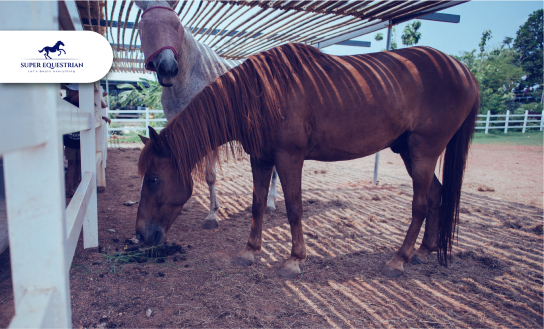
Common Equine Diseases and How ...
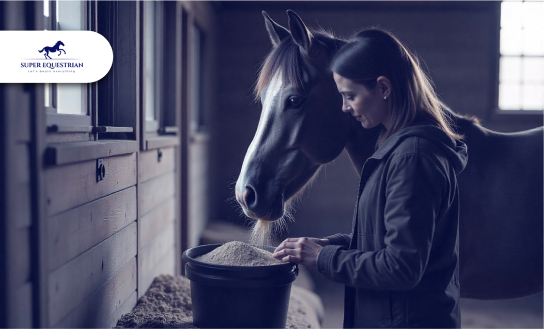
Equine Health Supplements: What Every ...
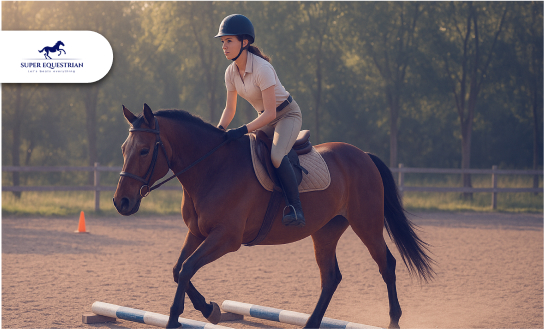
Jumping Basics: How to Prepare ...
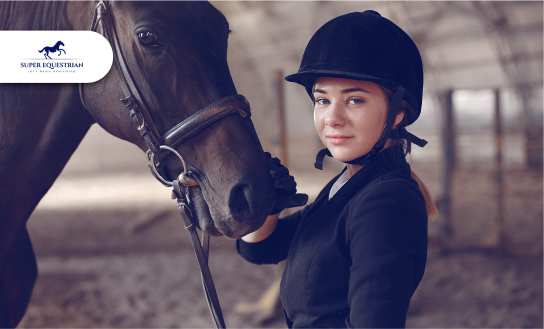
Essential Horse Riding Gear for ...
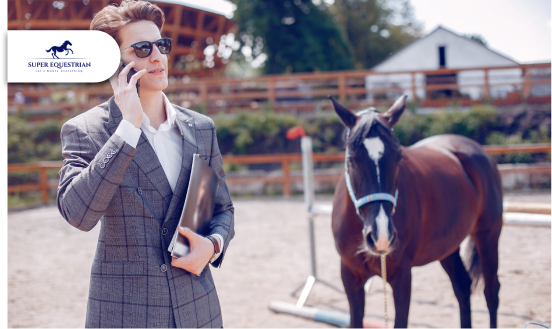
How to Balance Work, Life, ...

How to Balance Work, Life, ...
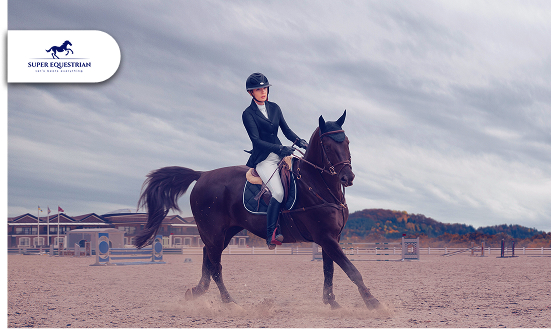
Top 5 Exercises to Improve ...
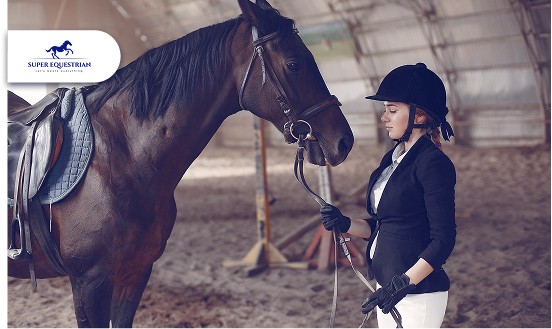
How to Build Confidence as ...
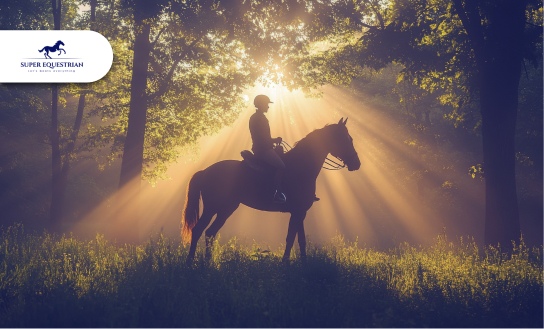
Spotlight on Equestrian Legends: Riders ...
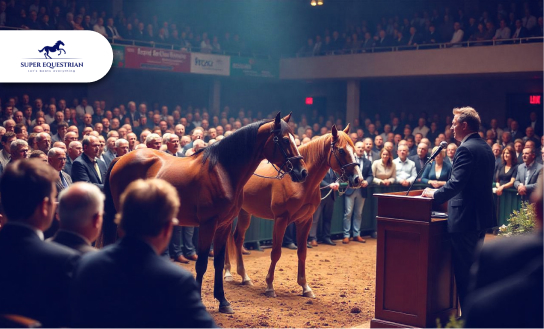
Horse Auctions and Sales...

Top Horse Friendly Travel Destinations ...

How to Build Stronger Bonds ...

Upcoming Horse Shows and Competitions ...

MIPS Equestrian Helmet The Future ...
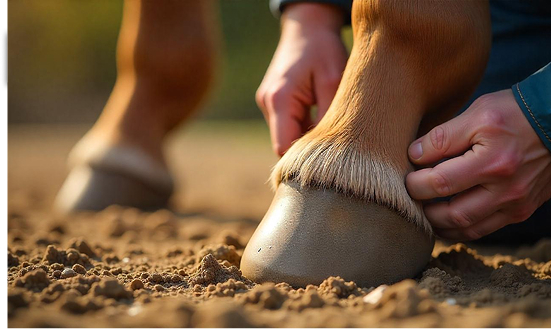
How to Recognize and Treat ...
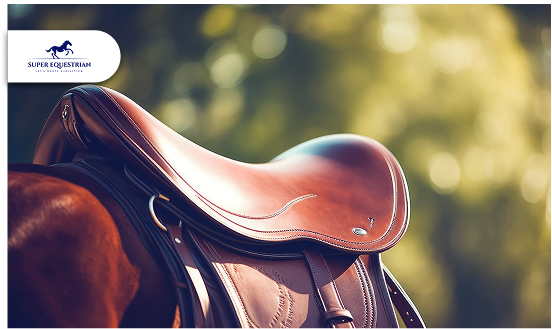
How to Choose the Perfect ...
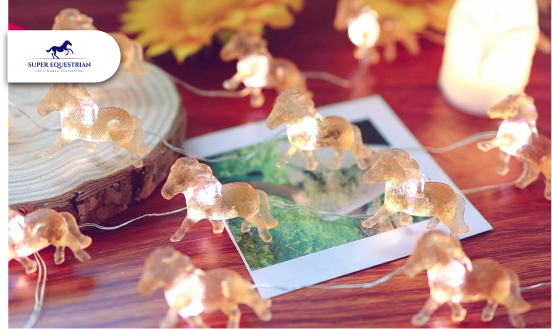
Horse-Themed Gifts Unique Ideas ...
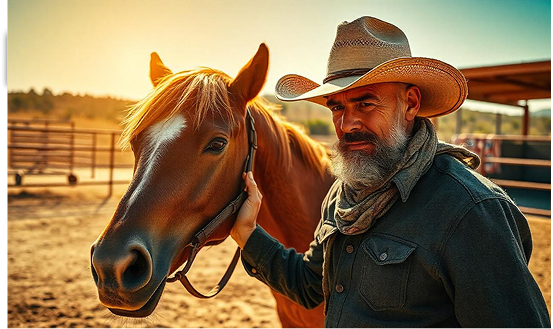
Horse Training Techniques: Creating A ...
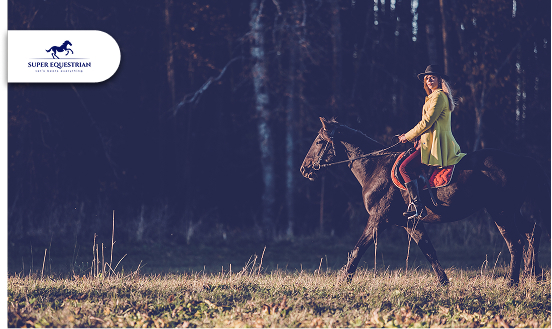
Horseback Riding Lessons – Everything You ...
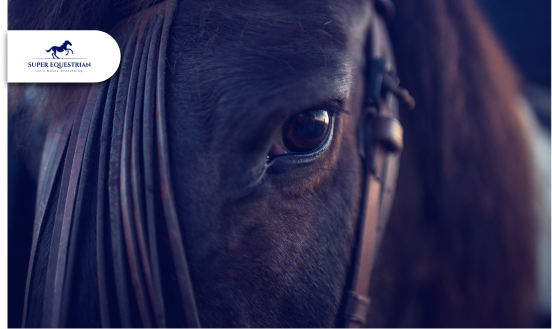
Horse Photography Tips: Learn the ...
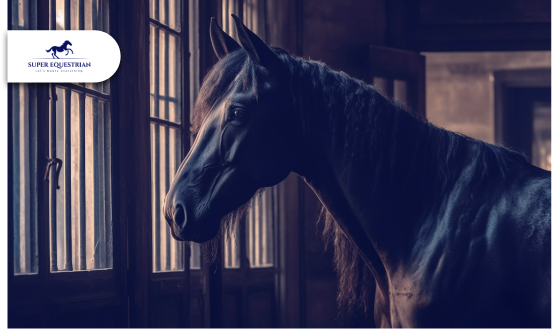
Horse Stable Management: The Quiet ...
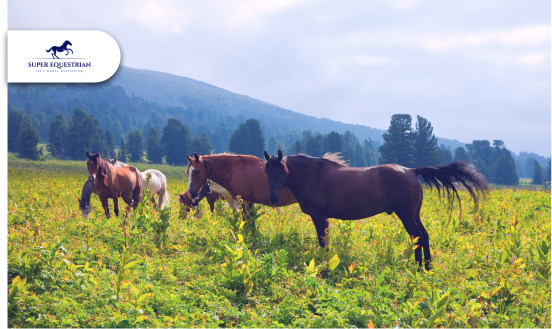
Horse Rescue Organizations: A Profound ...
Horse Racing Events A Look ...
Best Horse Manure Fork Six ...
What Are The Rarest Horses ...
What Does It Mean When ...
Horse Insurance Providers This Is ...

Horse Behaviour and Psychology: Learn ...

How Much Does a Horse ...
.jpg)
Best Monoflap Saddles For Your ...
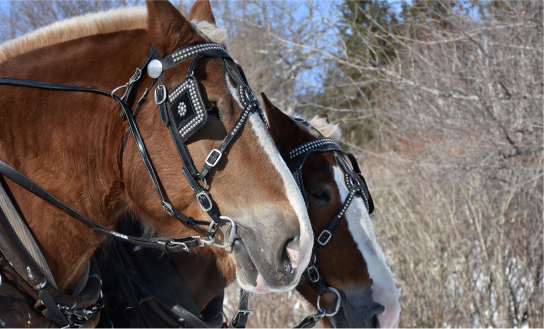
Best Hackamore For Barrel Racing...
.jpg)
Best Barrel Racing Reins Top ...
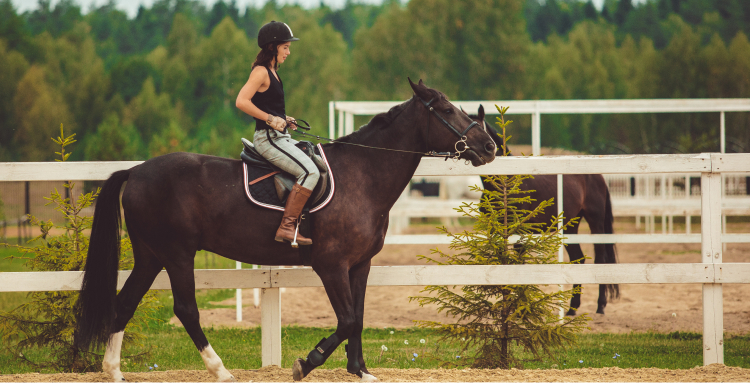
Horse Anatomy And Physiology: Facts ...
.jpg)
Best Stirrups For Ankle Pain - ...
.jpg)
Horse Care Tips and Tricks: ...
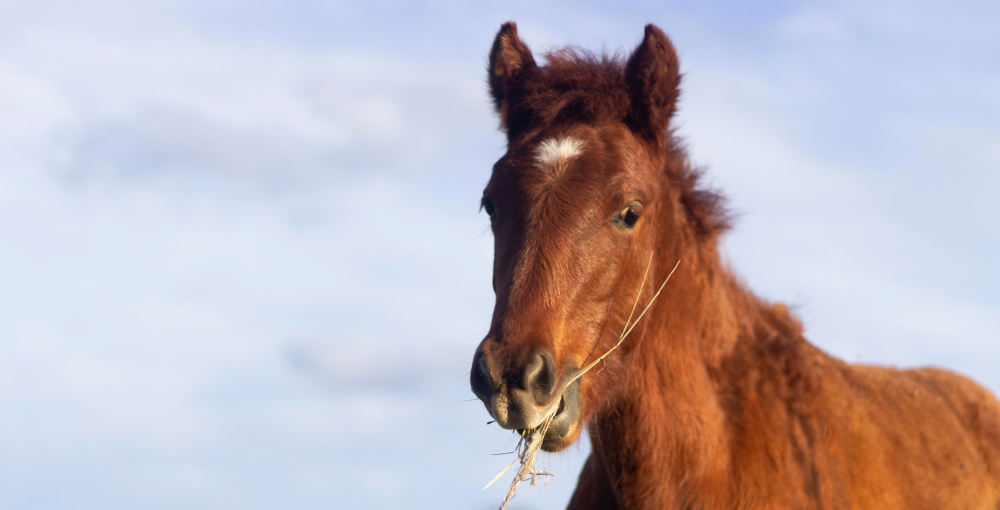
What Do Wild Horses Eat- ...
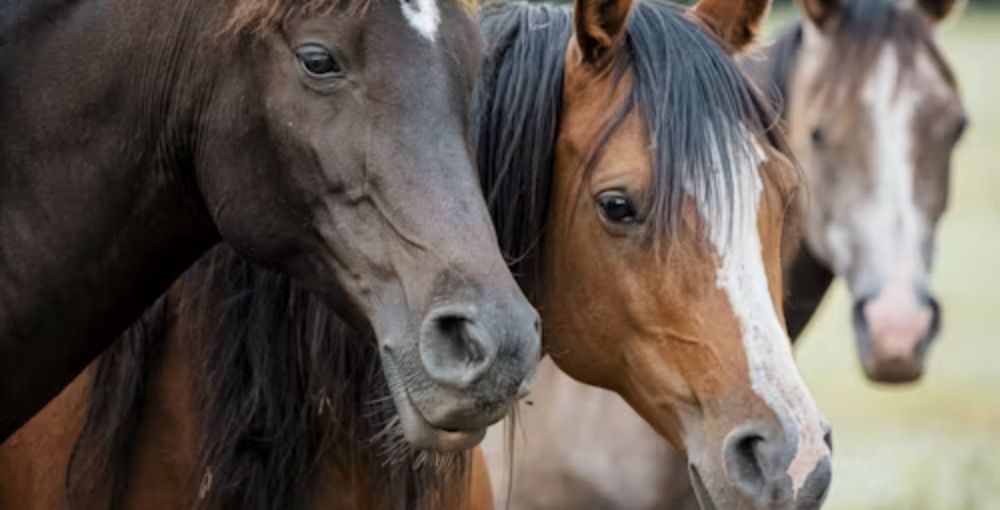
Horse Breeds and Characteristics: How ...
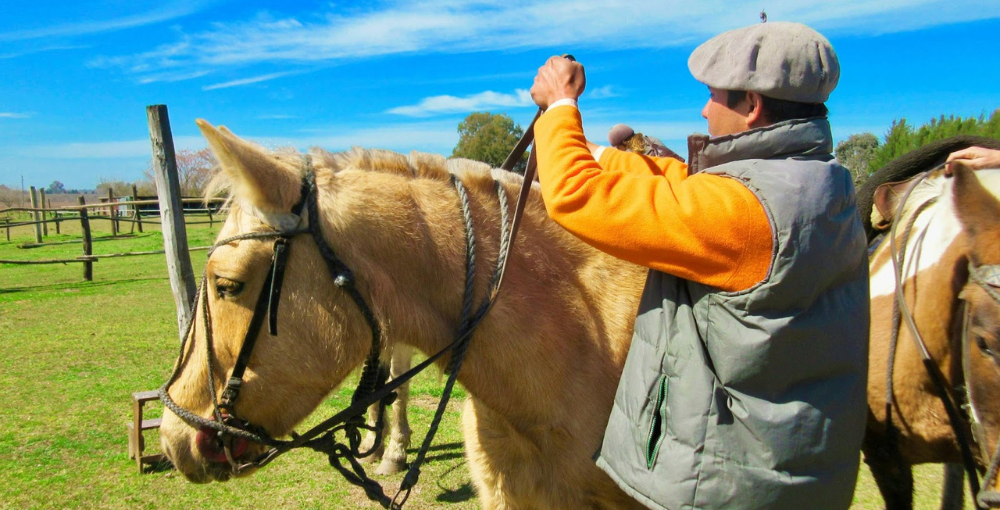
Best Barrel Racing Reins - Top ...

Horse Breeds and Characteristics: How ...
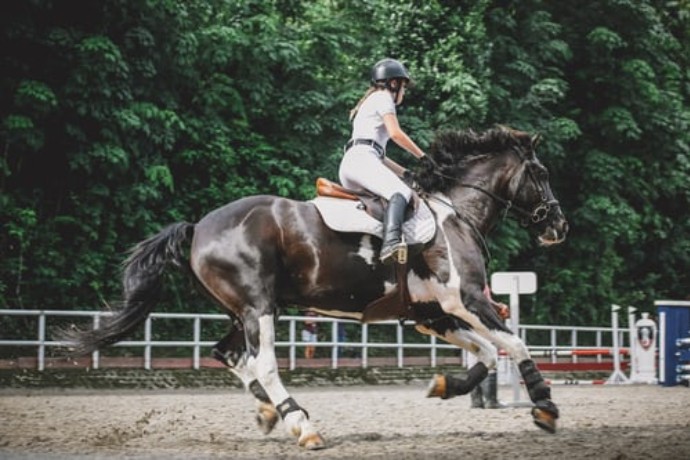
Best Breeches For Curvy Riders...
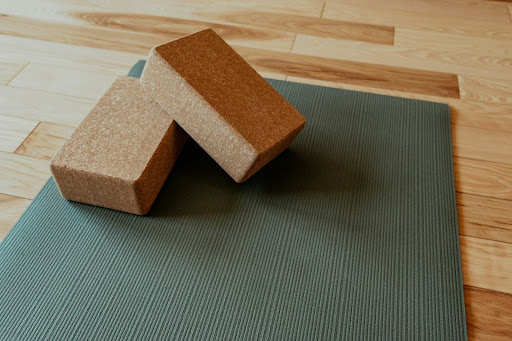
Best Stall Mats For Horses - ...

Best Horse Brushes ( A Thread ...

Best Saddle Rack ( Keep Your ...

Best Bit For Training a ...
.jpg)
10 Morgan Horse Show Held ...
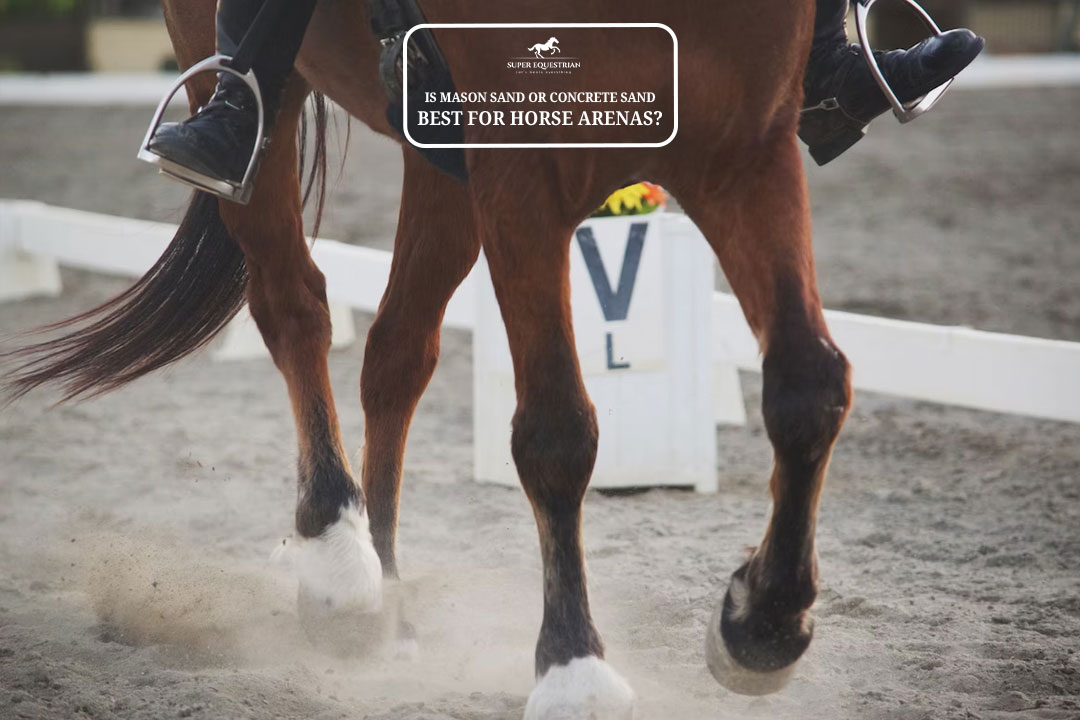
Is Mason Sand Or Concrete ...
.jpg)
Best Girth For Your Horse ...
.jpg)
Ranch Cutter vs Cowhorse Saddle? ...
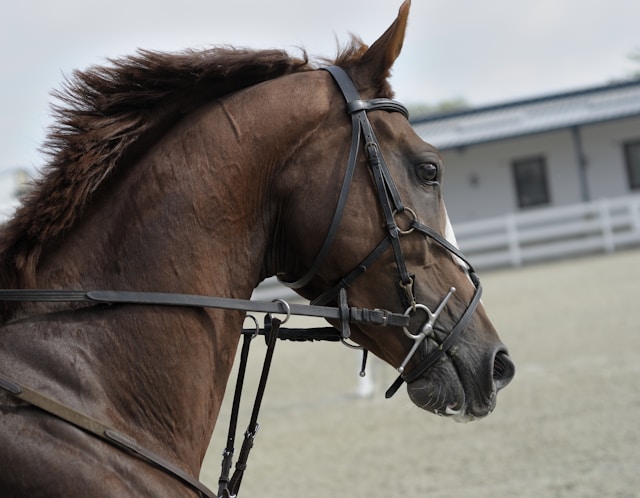
Types of Horse Bit and ...
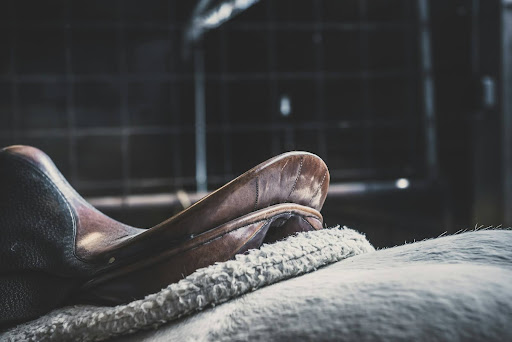
Is Hilason a Good Saddle ...
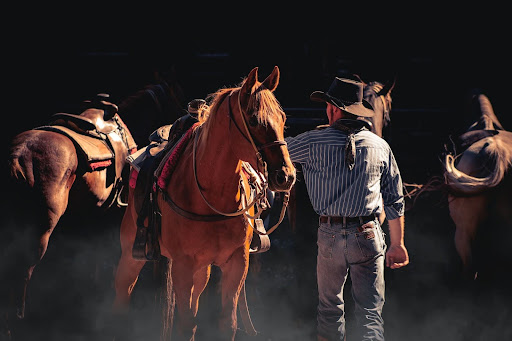
How to choose a bit ...
.jpg)
Best Salt Blocks For Horses...
.jpg)
Types of Horse Brushes (Equine ...
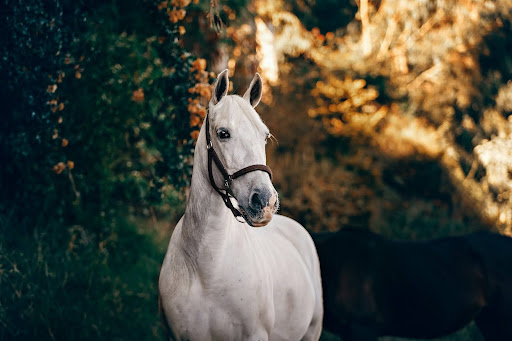
How To Get a Horse ...
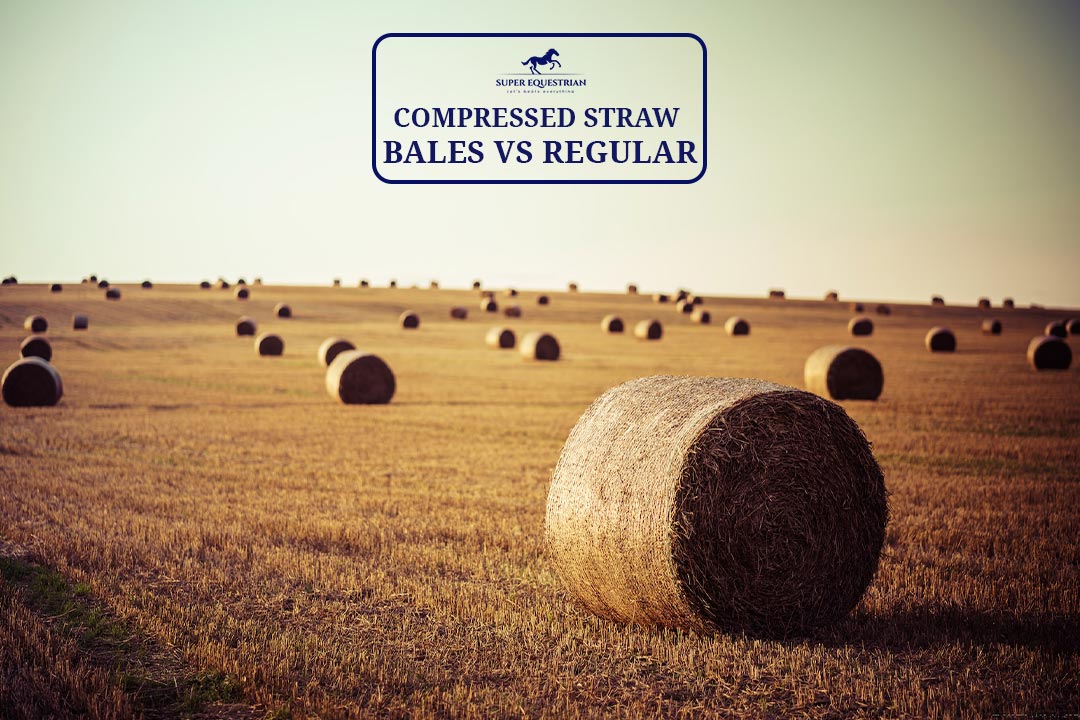
Compressed Straw Bales Vs Regular? ...
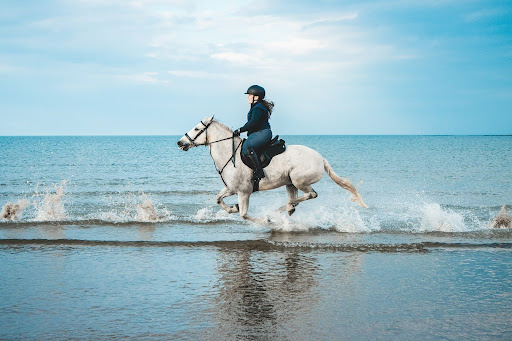
Horse Riding Lessons For Intermediate ...
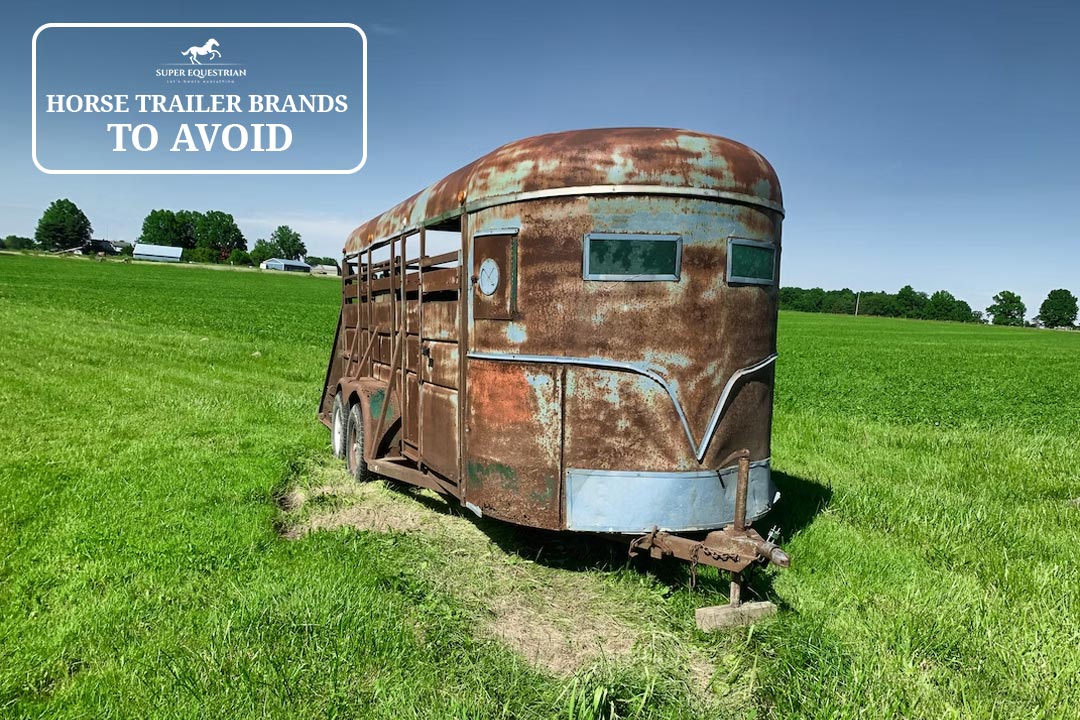
Horse Trailer Brands To Avoid...

Strawberry Roan vs Red Roan? ...
.jpg)
Gelding vs Stallion...
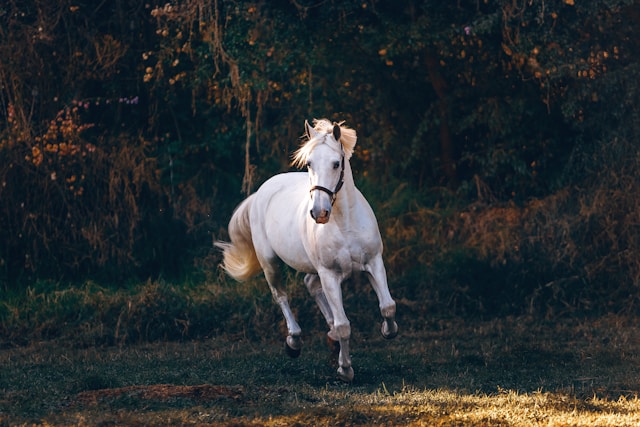
Why Does a Horse Whinny? ...
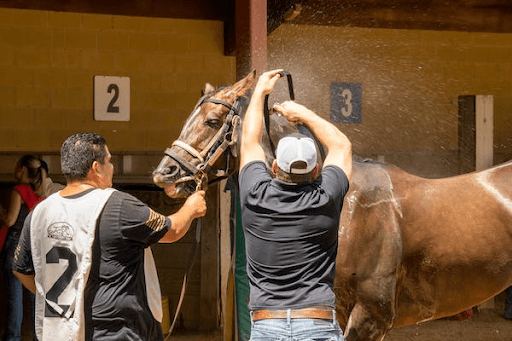
How to Clean a Rusty ...
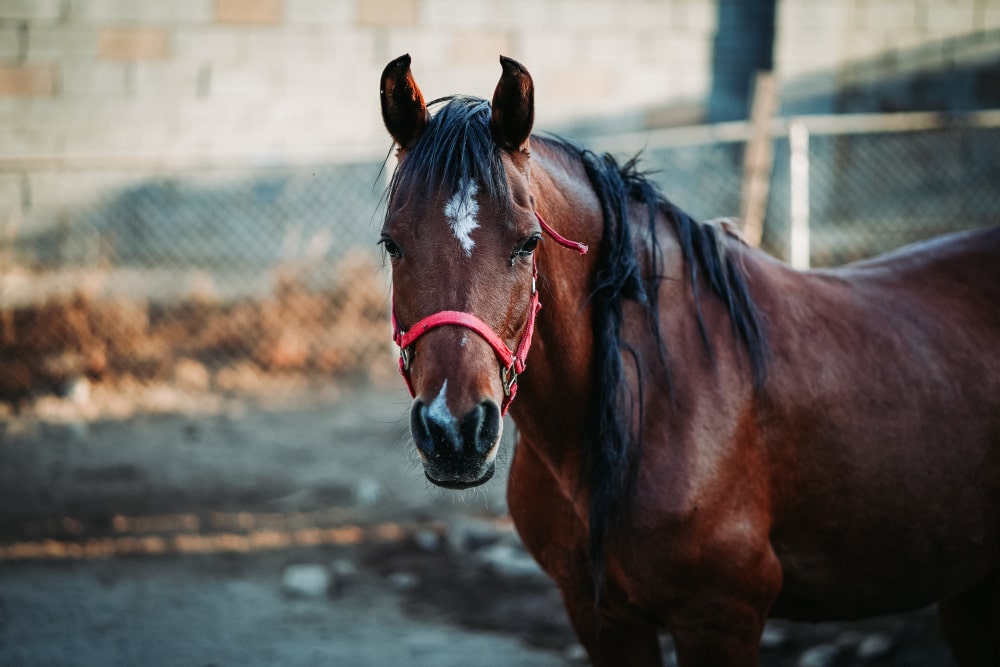
Why Do Horses Foam at ...
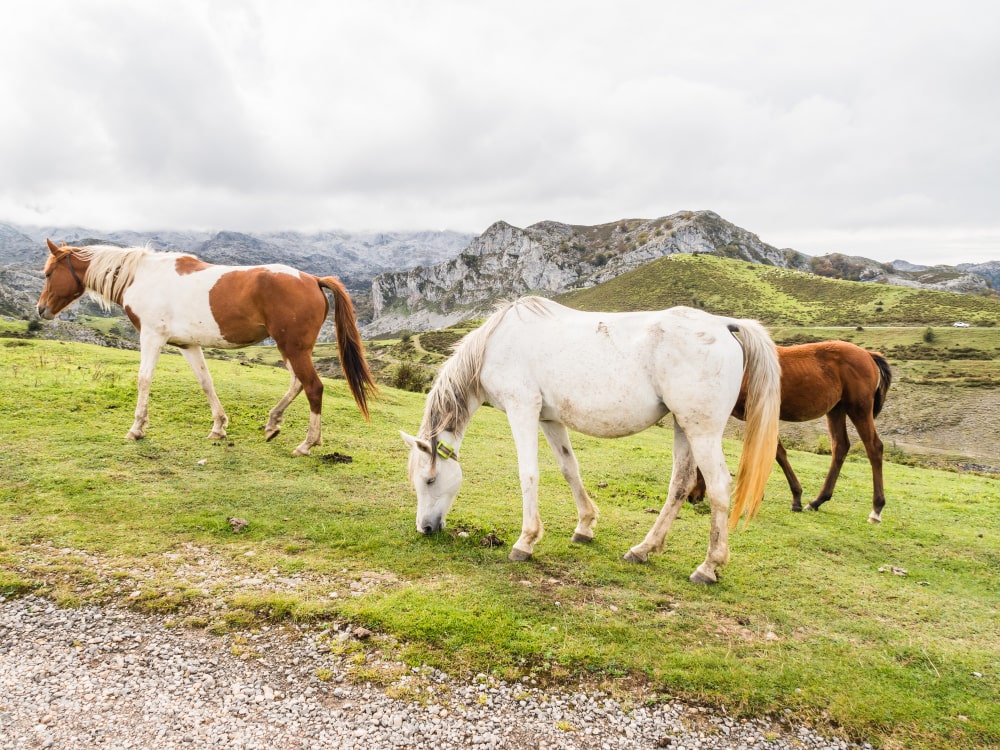
Why Do Horses Bob Their ...

Nutrition Unveiled: Triple Crown Senior ...
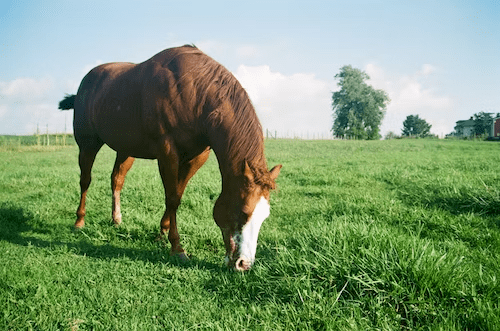
Pasture Pro Vs. Grazon: Horse-...
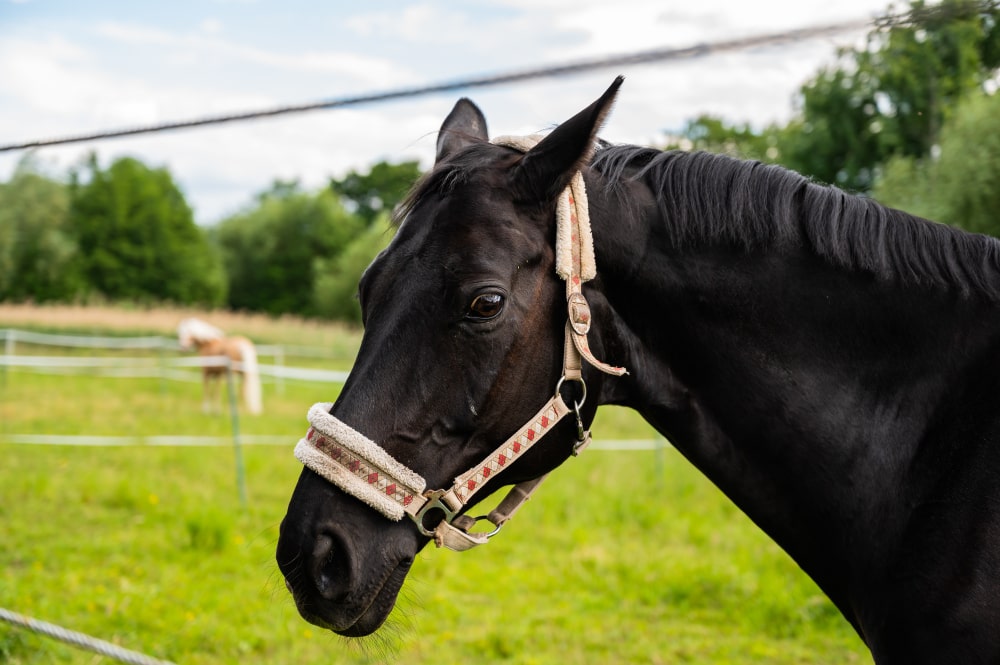
Dutch Gag Vs. Pelham: Bits ...
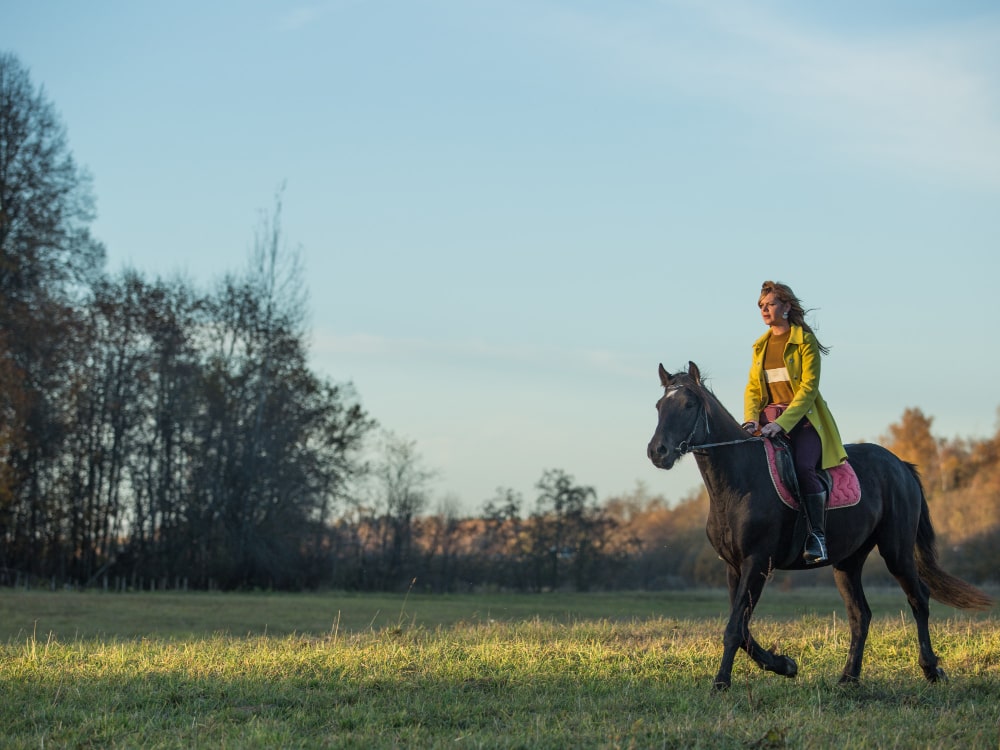
Walking Horse vs Racking Horse: ...
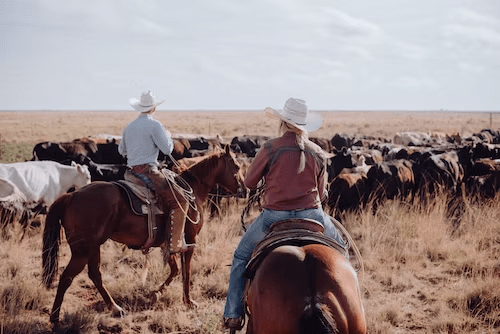
Wade vs Association Saddle: Your ...
.jpg)
Step Up vs Ramp Horse ...

Bosal vs Hackamore: A Head-...
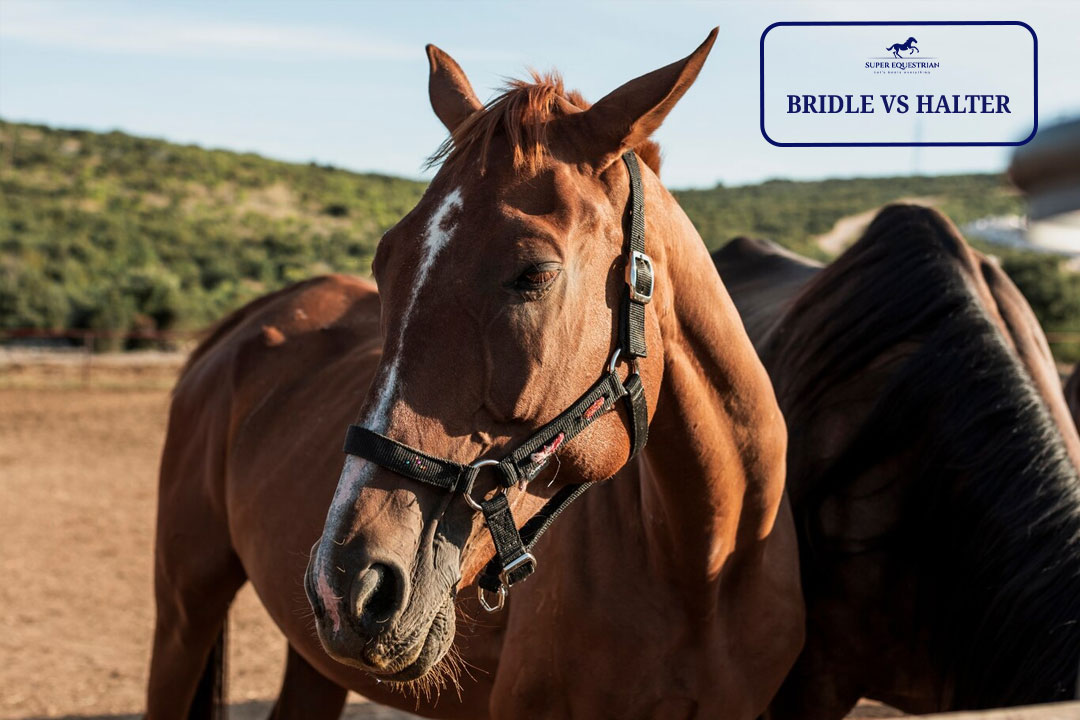
Bridle Vs Halter: Which One ...

Paddock Boots Vs Riding Boots: ...

Shadow Horse Trailer Problems: Causes, ...
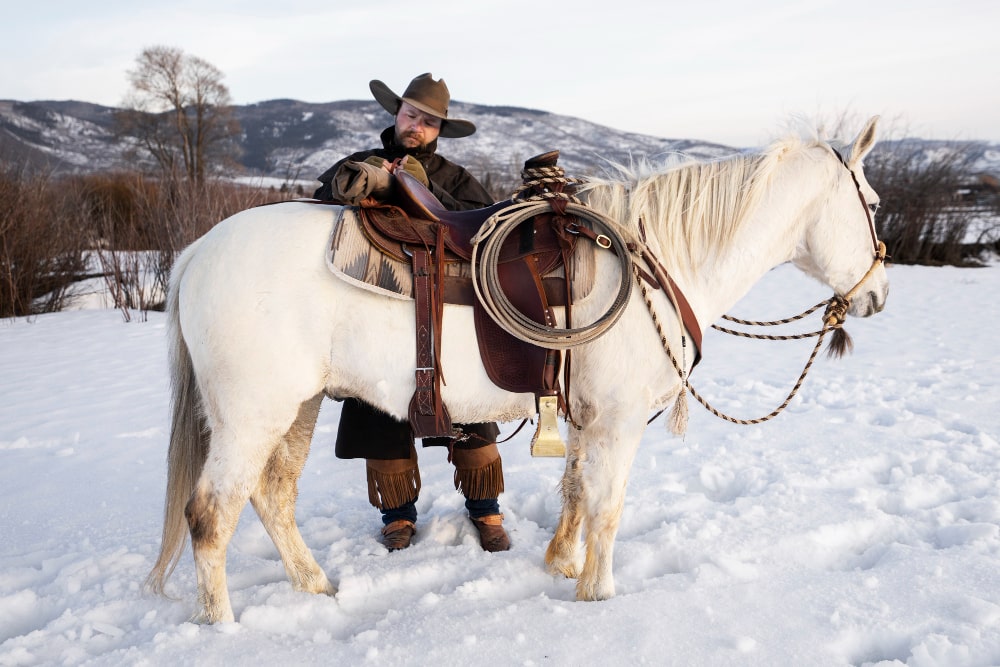
Are Billy Cook Saddles Good - ...

Let's Start at the ...
Benefits of Beet Pulp for ...
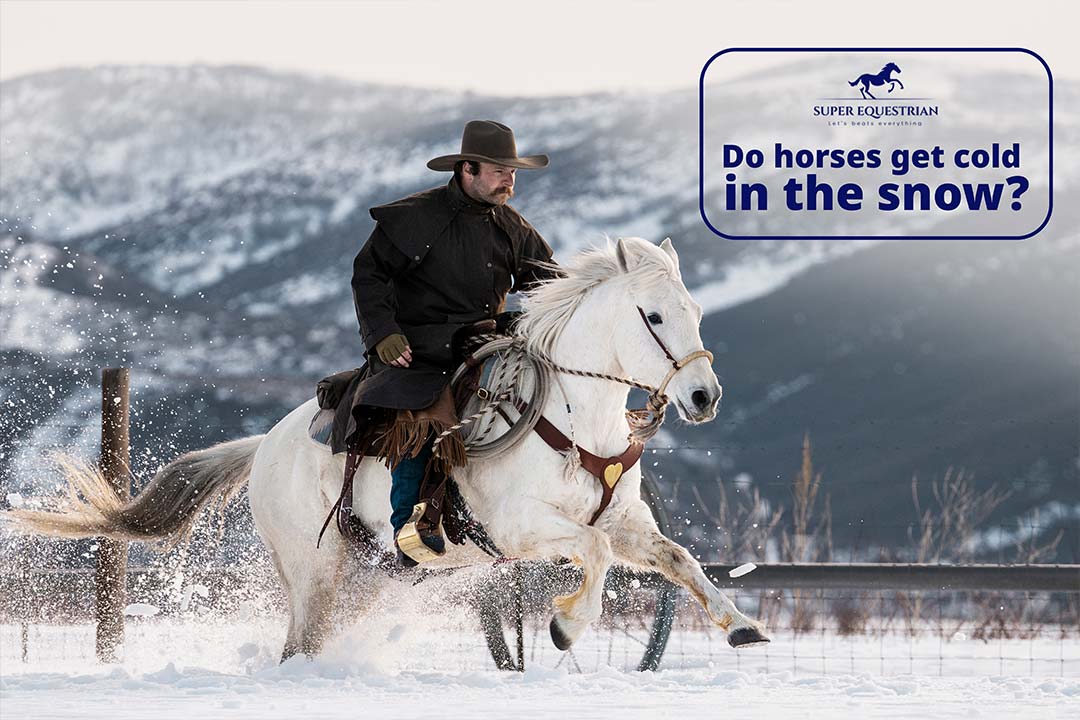
Do horses get cold in ...
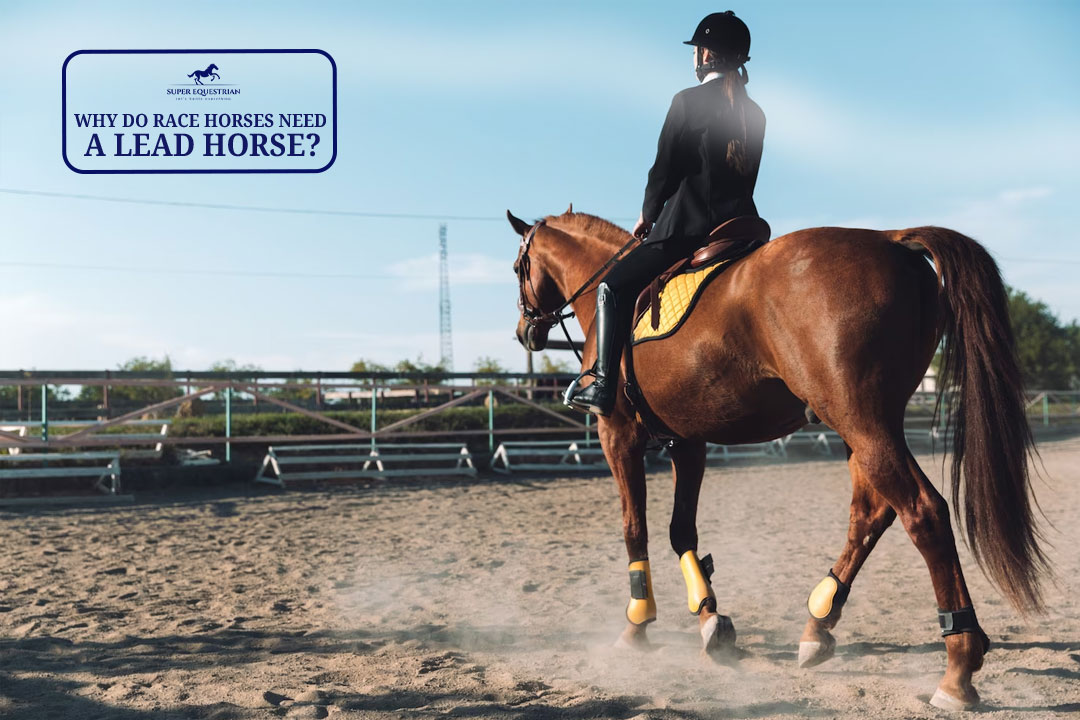
Why Do Race Horses Need ...
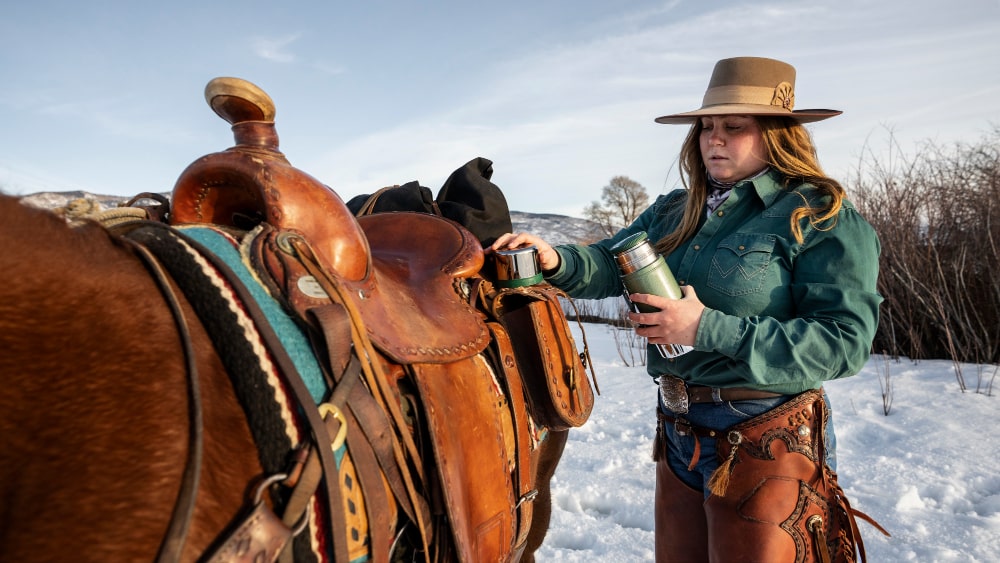
Ranch Saddle vs. Roping Saddle: ...

Round Pen vs Square Pen ...

Must Have Horse Trailer Accessories: ...
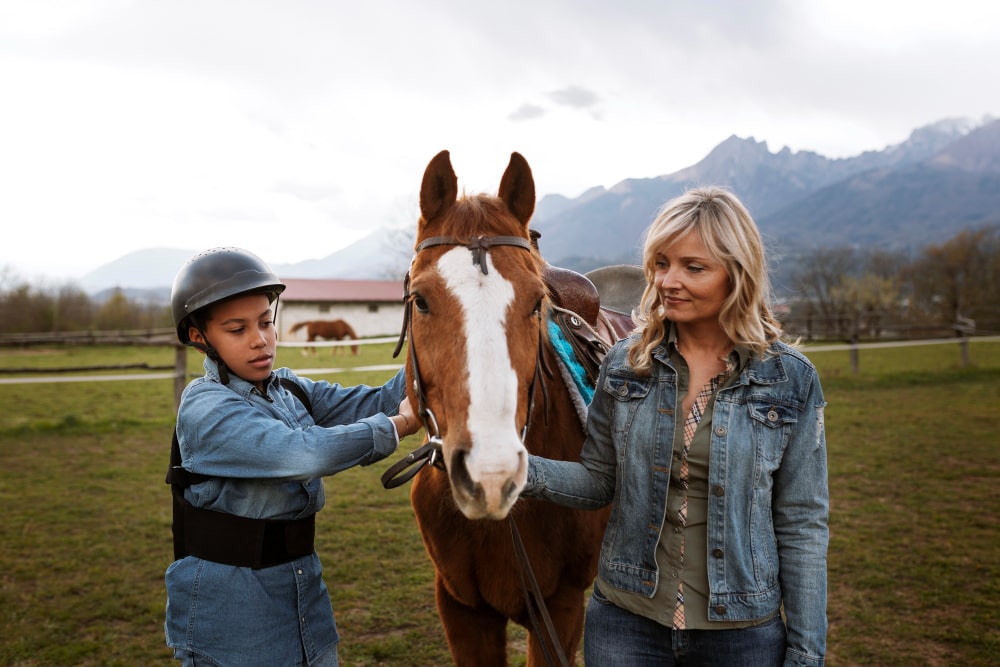
Is MIPS Worth for Equestrian?...
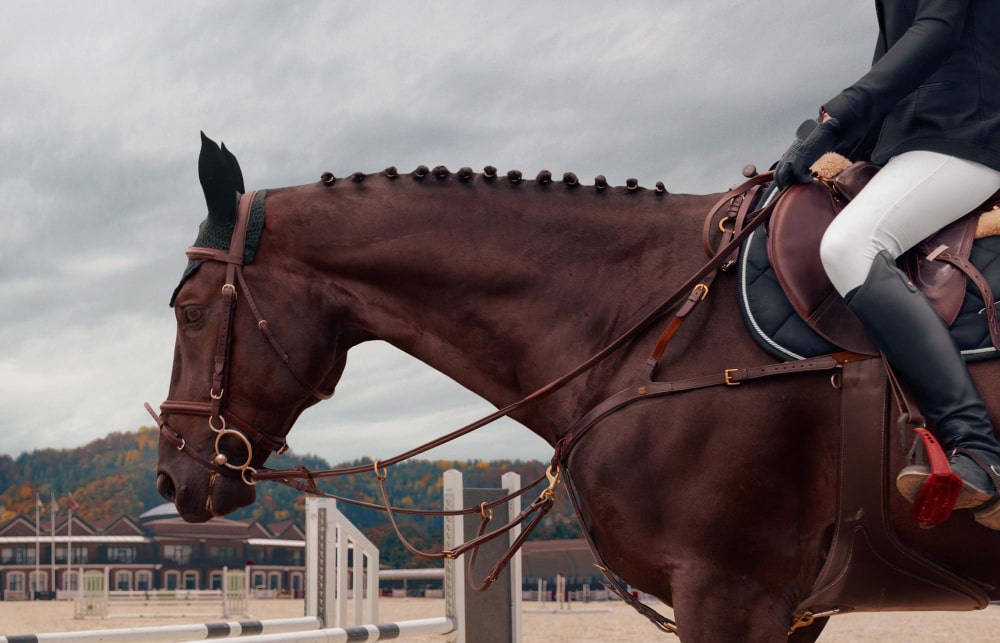
Natural Horsemanship vs Positive Reinforcement: ...

How to Mount a Horse ...
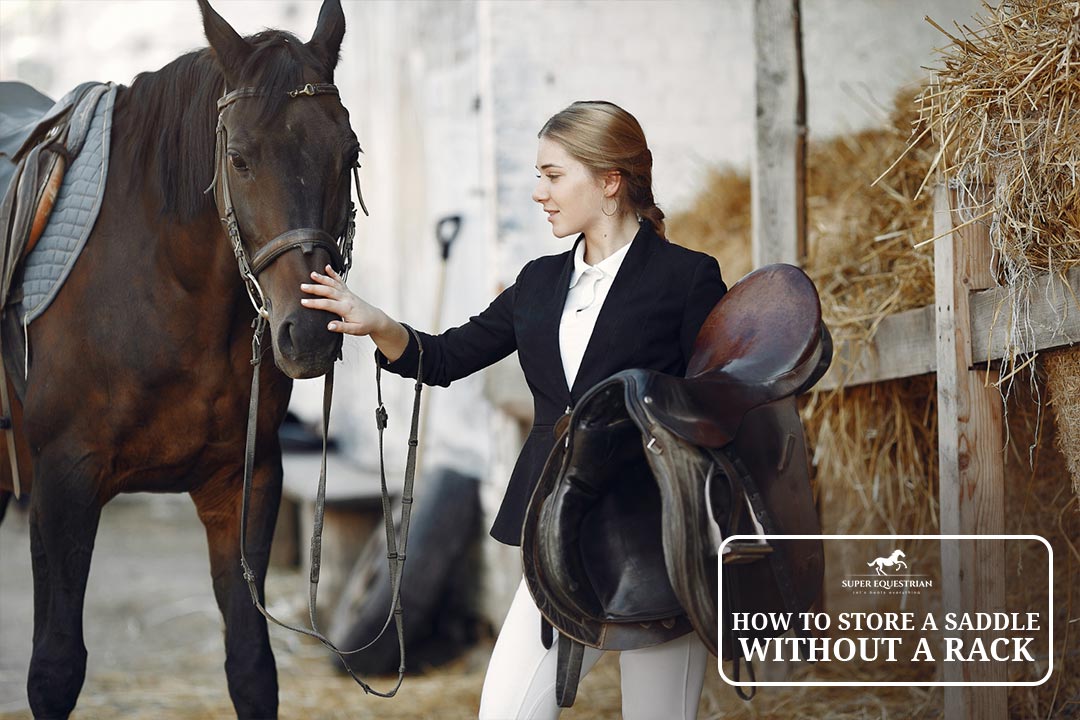
How to Store a Saddle ...
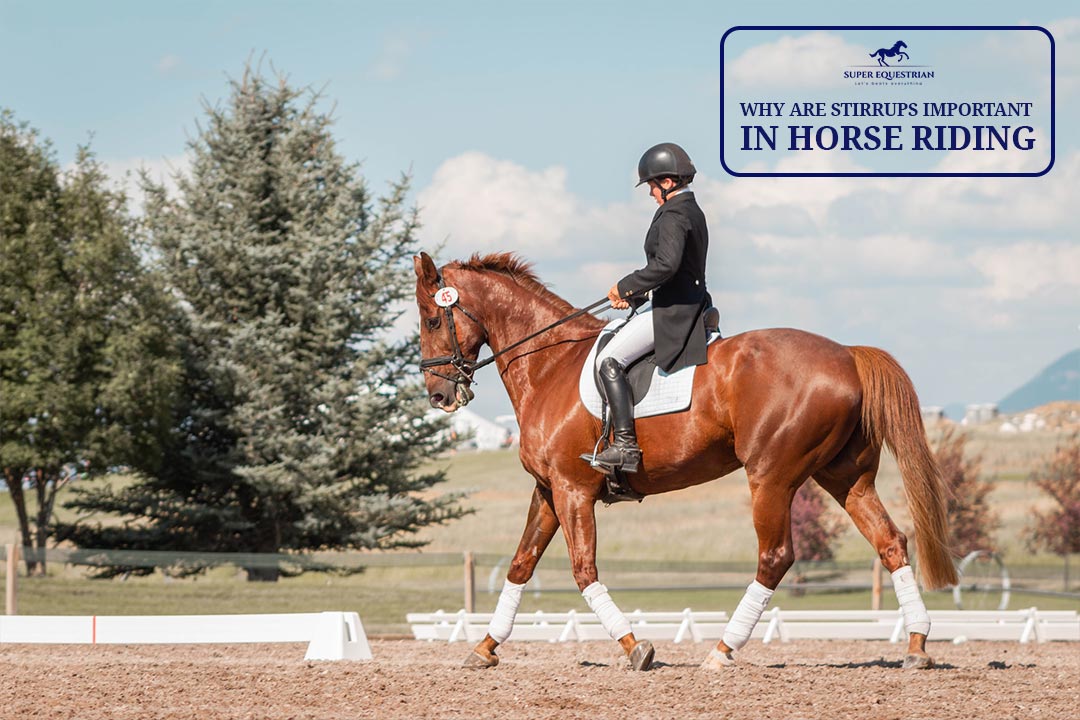
Why are Stirrups Important in ...
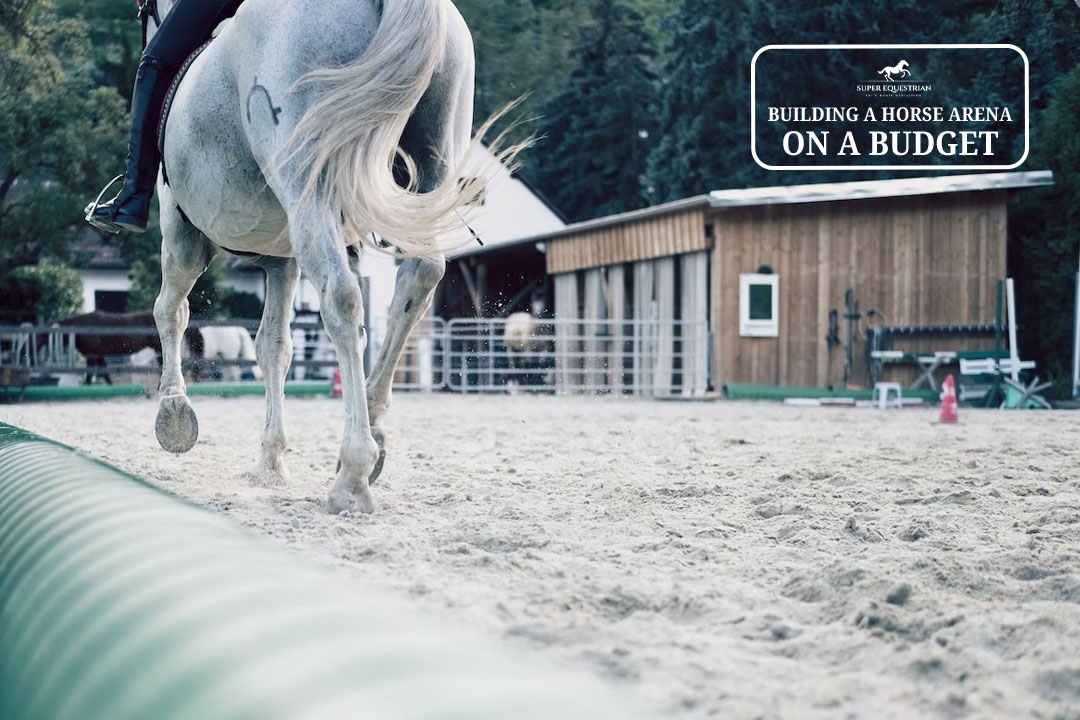
Building a Horse Arena on ...

How to Make Horse Treats ...

Order of Grooming a Horse...

Horse Riding Lessons Plan: The ...

Horse Trailer Roof Replacement and ...
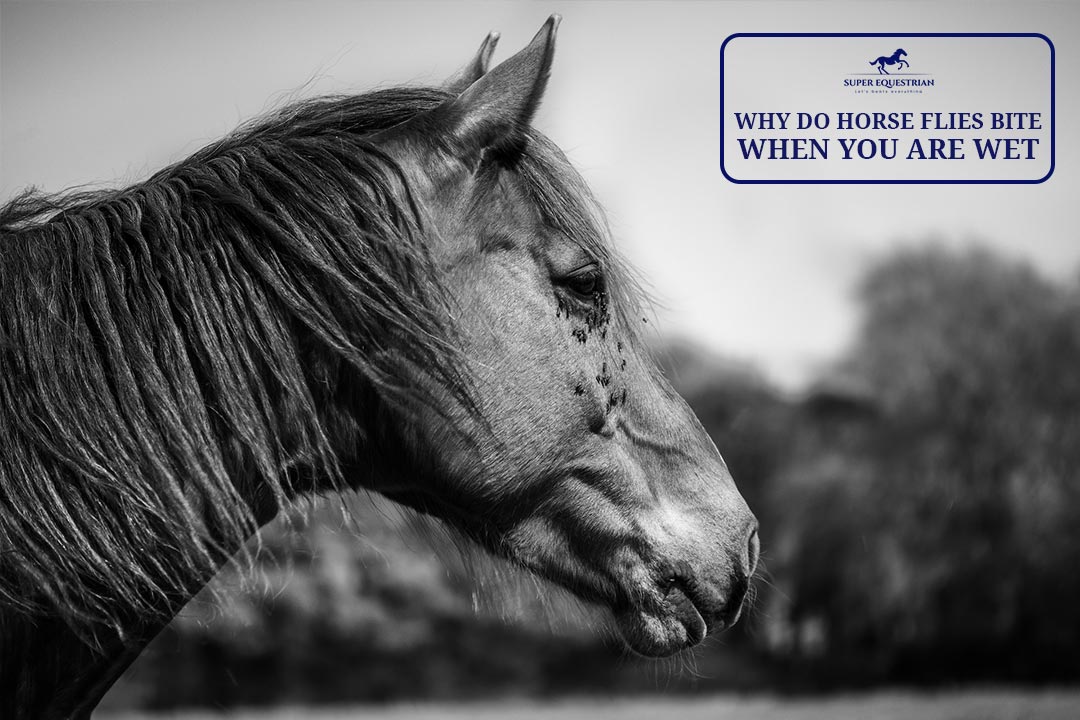
Why Do Horse Flies Bite ...
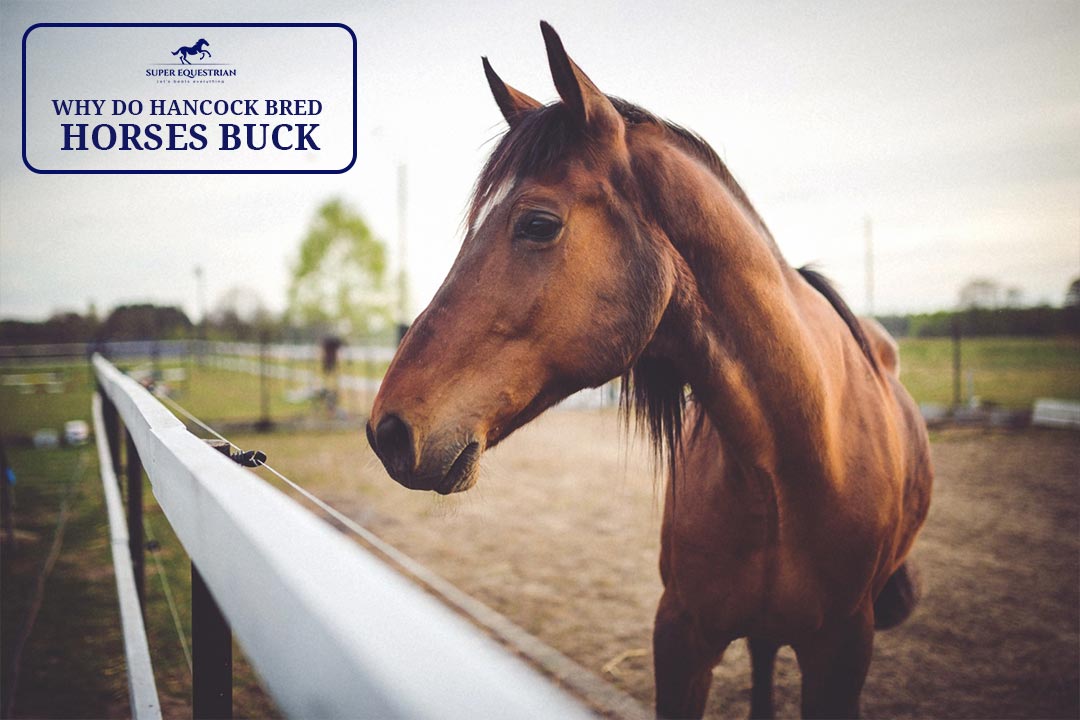
Why Do Hancock Bred Horses ...

Quarter Horse Bloodlines to Avoid...
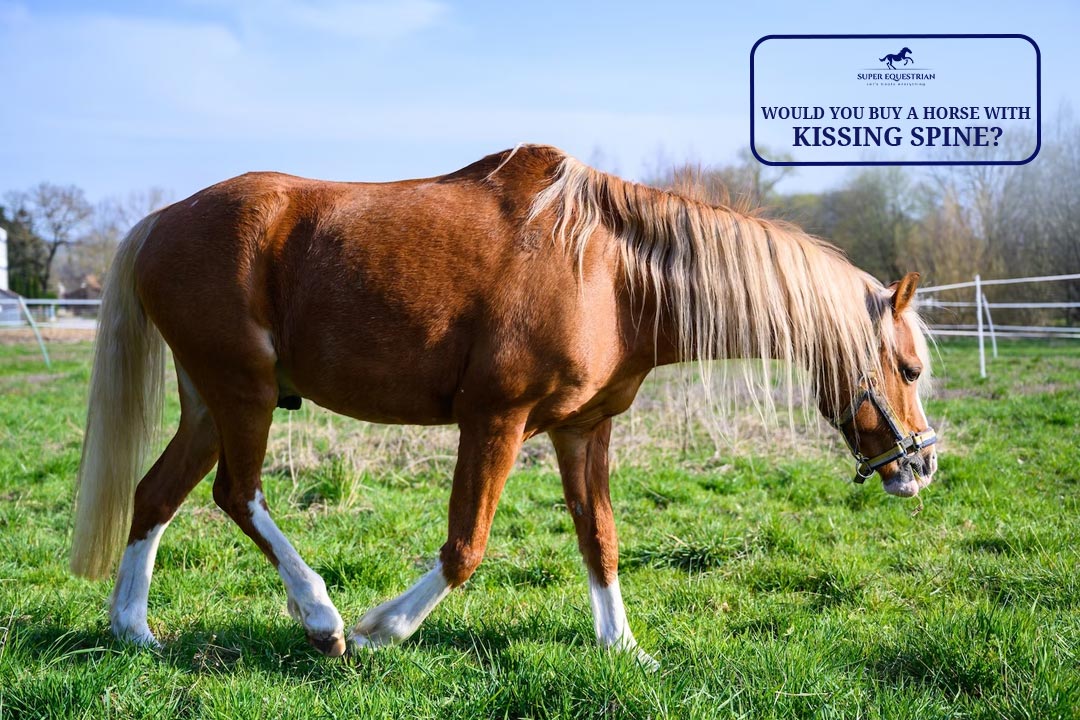
Would You Buy a Horse ...

Why Do Horses Allow Us ...

Would you buy a horse ...

Why Are Klapper Bits So ...
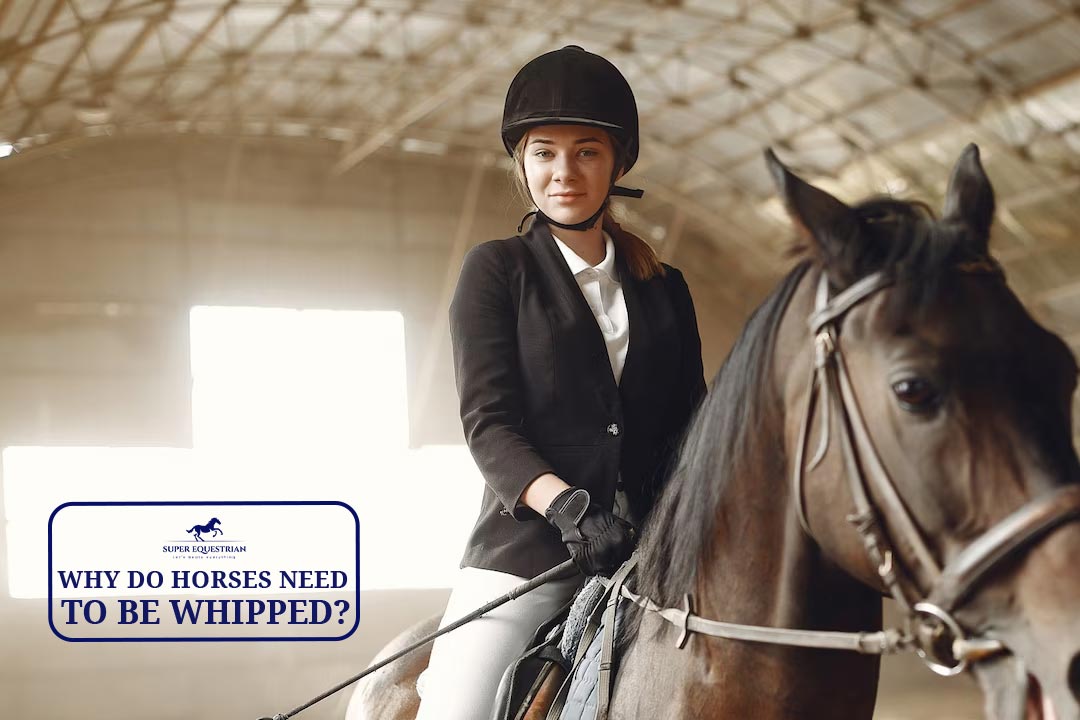
Why do horses need to ...

Why do you mount a ...
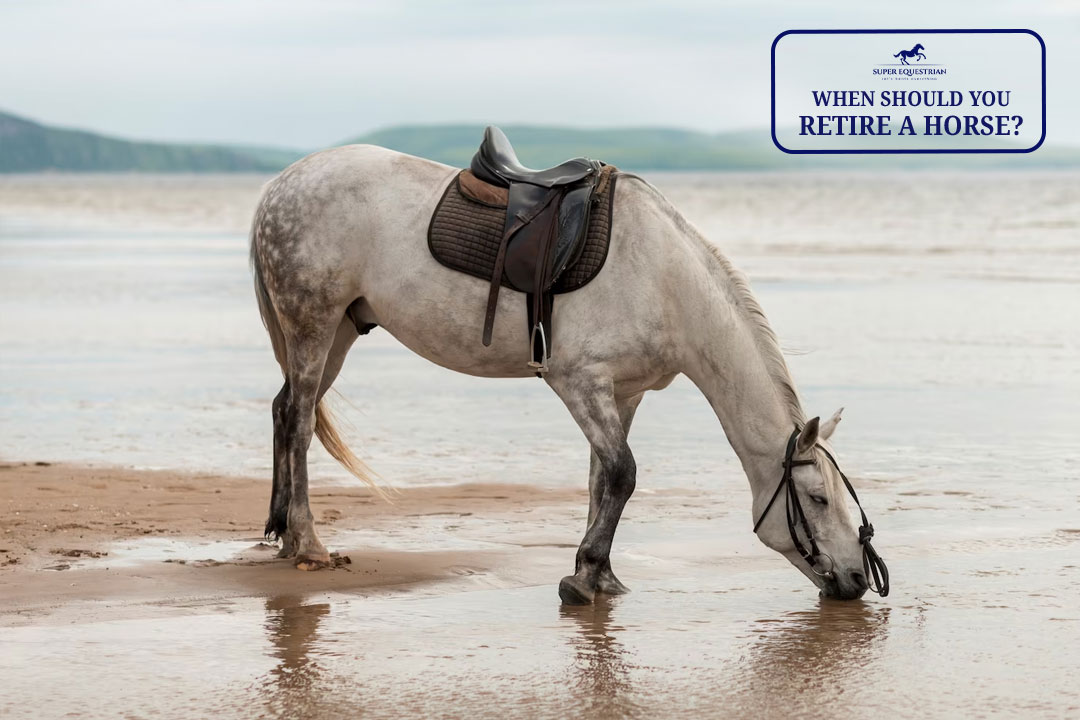
When Should You Retire A ...
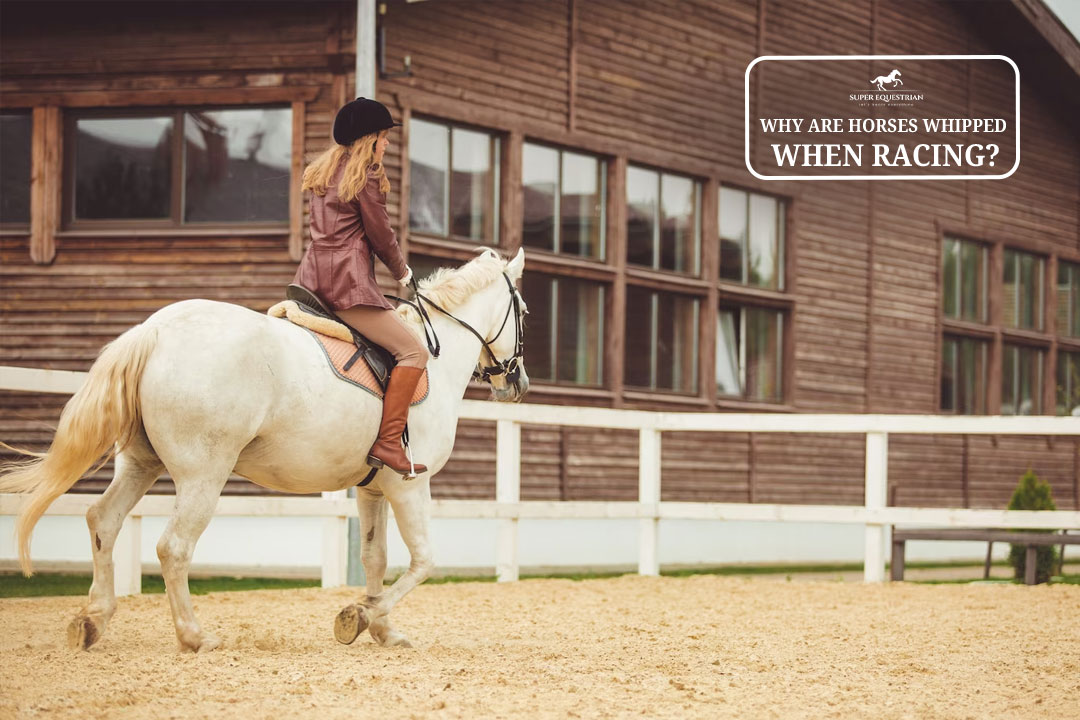
Why Are Horses Whipped When ...
.jpg)
Why Do Horses Have A ...
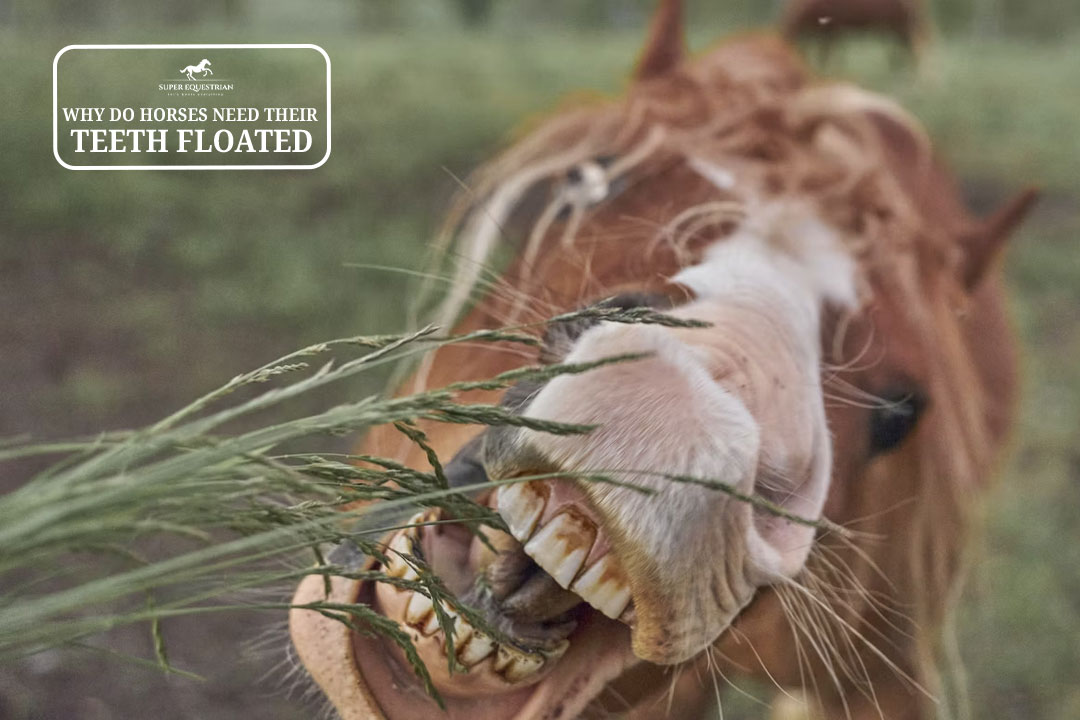
Why Do Horses Need Their ...

What To Do If Horse ...

What To Do If A ...
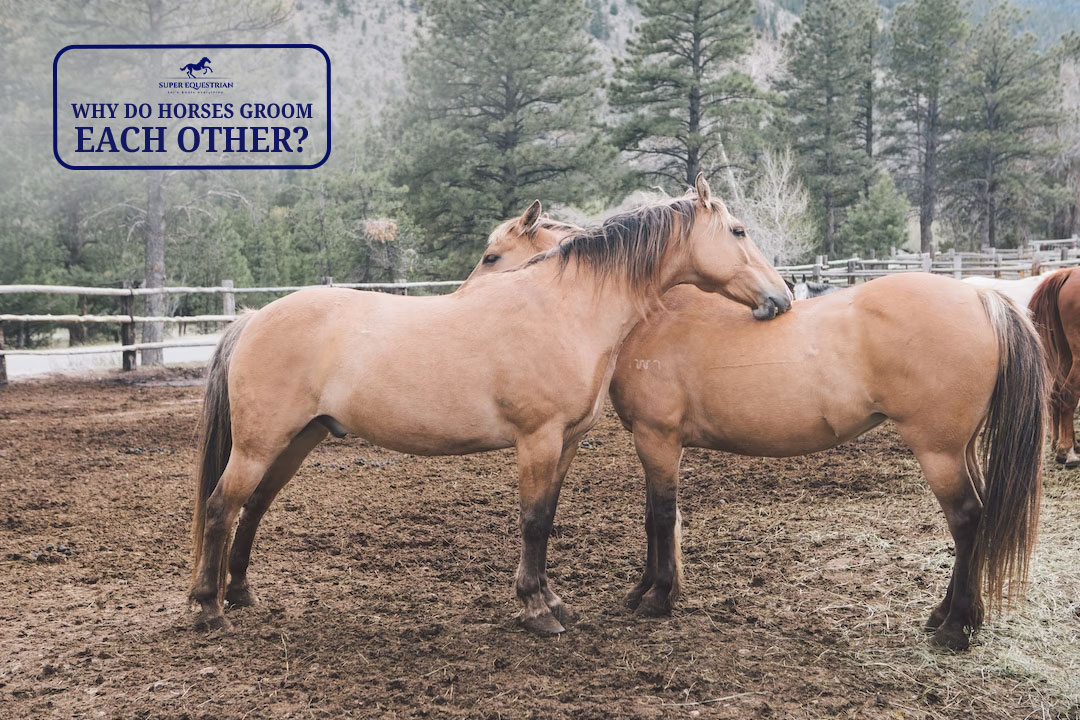
Why do horses groom each ...
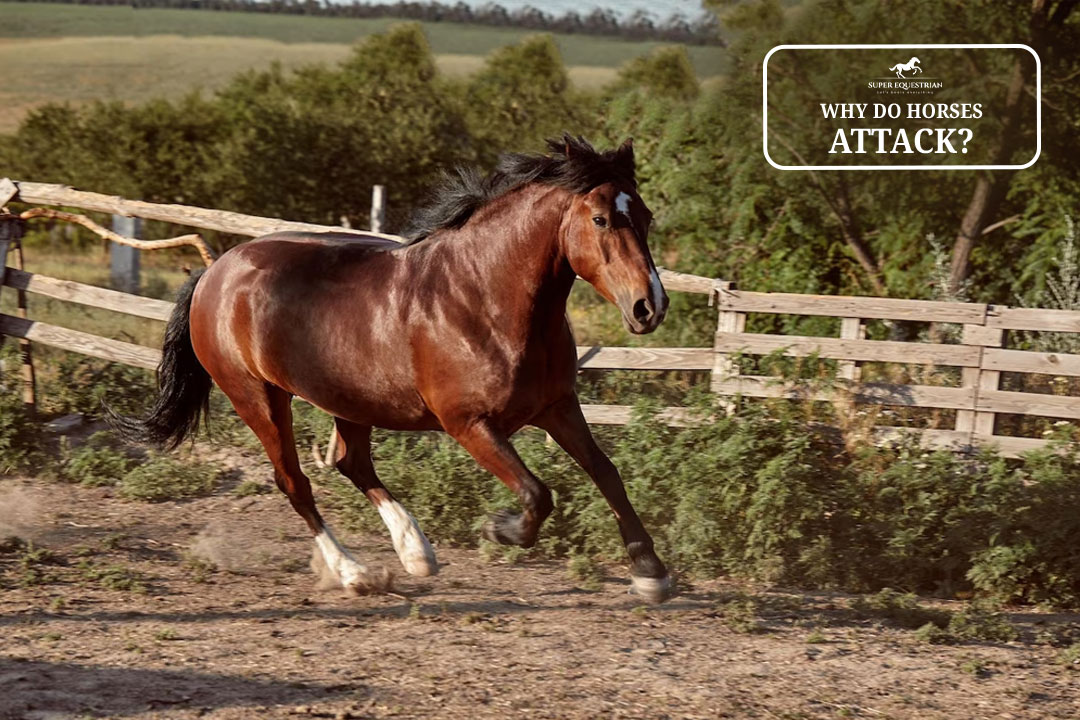
Why do horses attack...

Should I Use a Martingale ...

How to fit bell boots ...
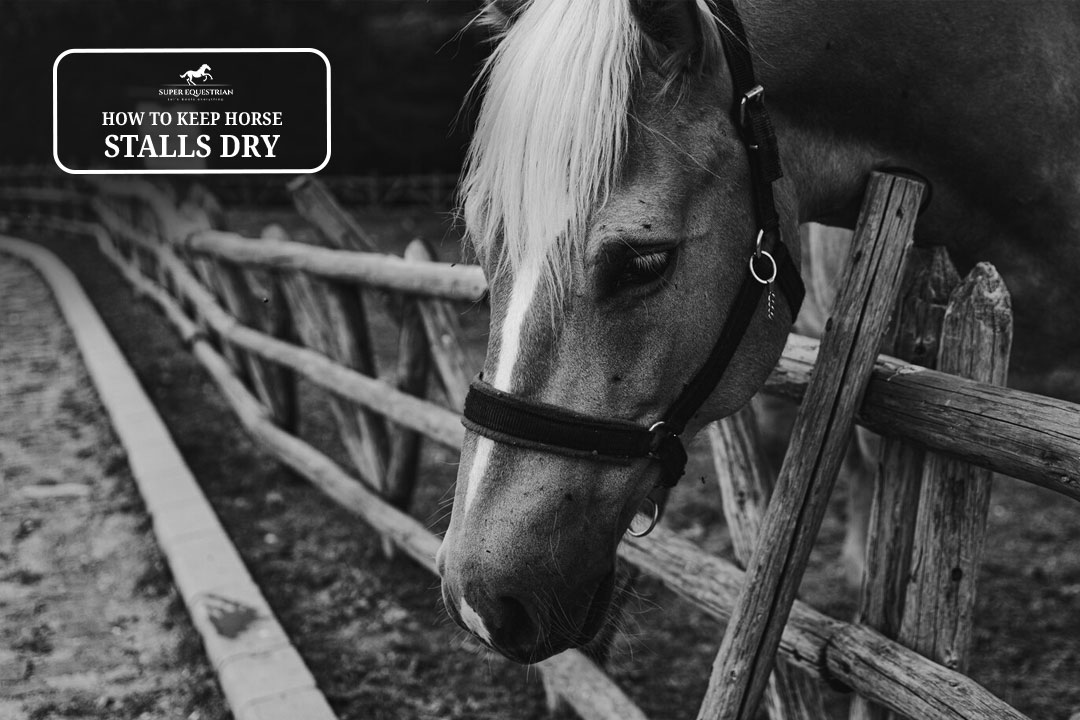
How To Keep Horse Stalls ...
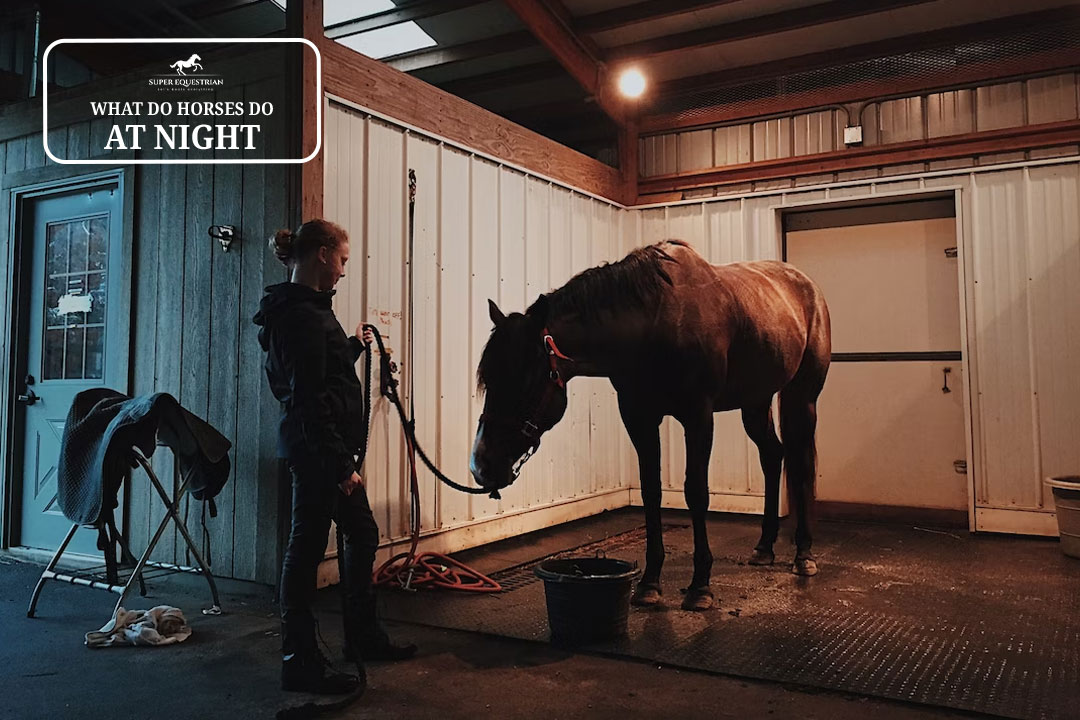
What Do Horses Do At ...
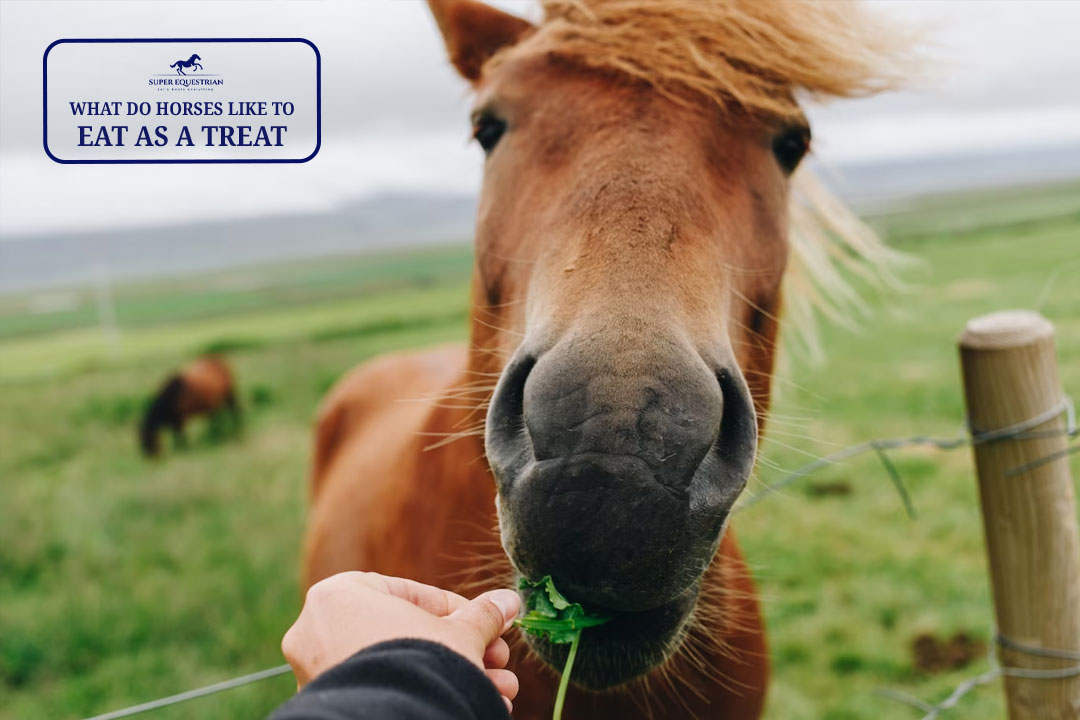
What do horses like to ...

Why do wild horses get ...

Can you ride a horse ...
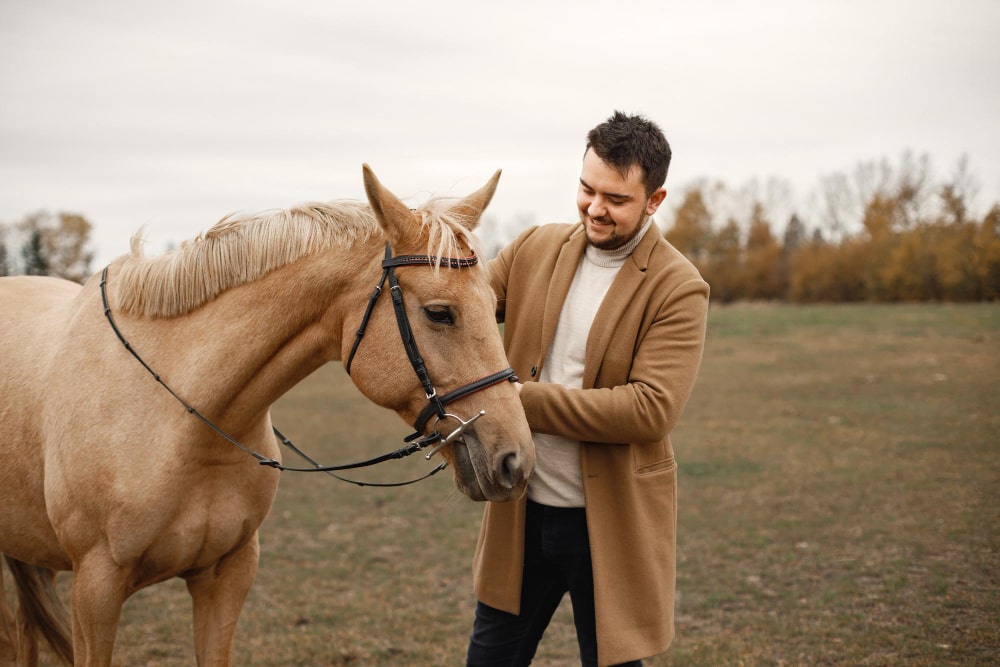
Are horses protective of their ...
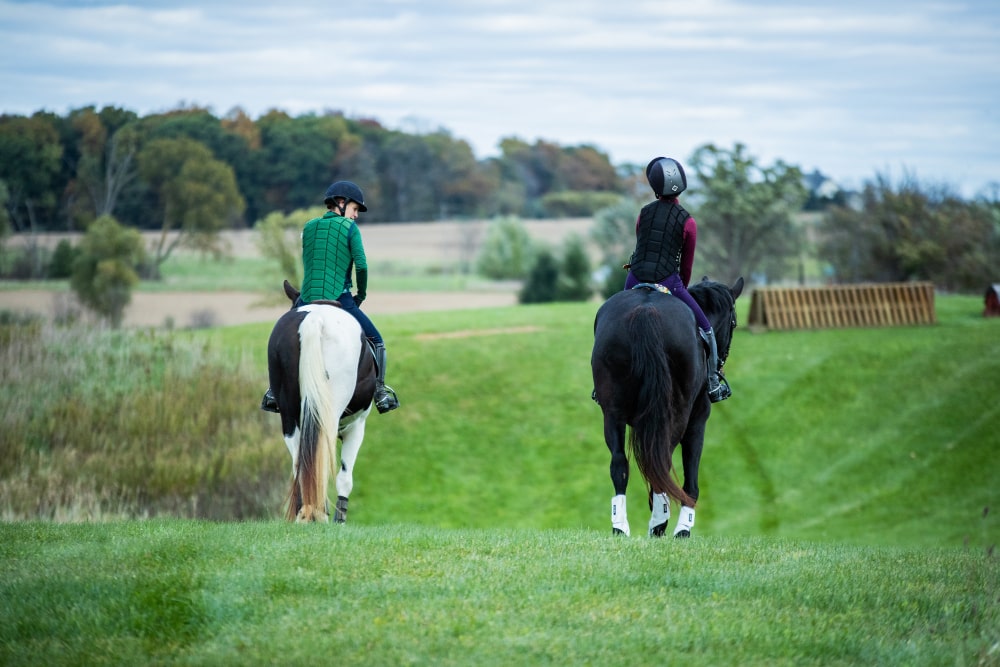
Why racking horses are popular ...
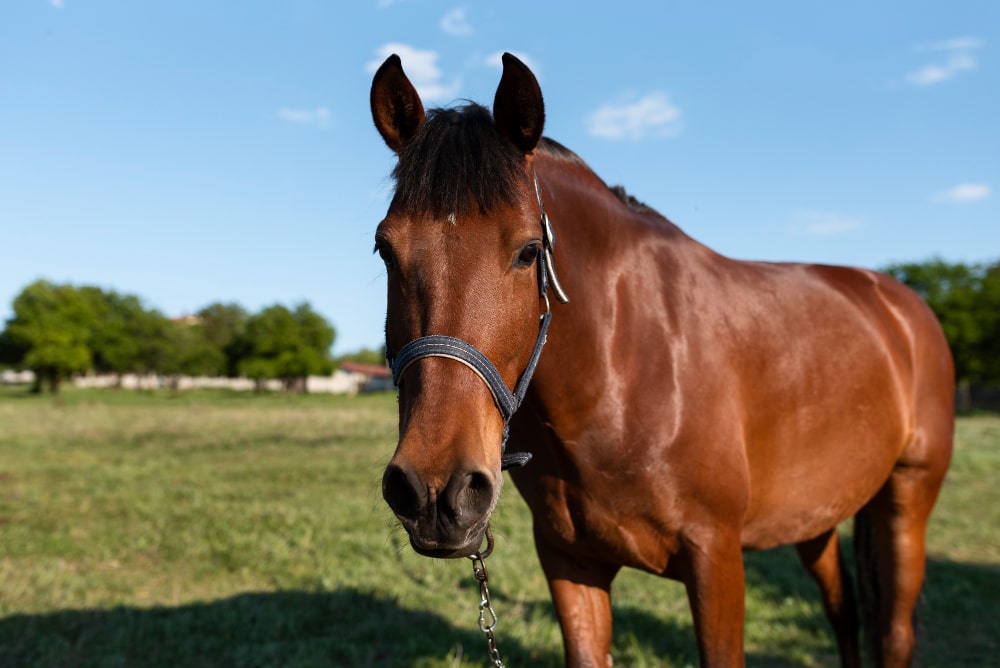
How To Keep Horses Off ...
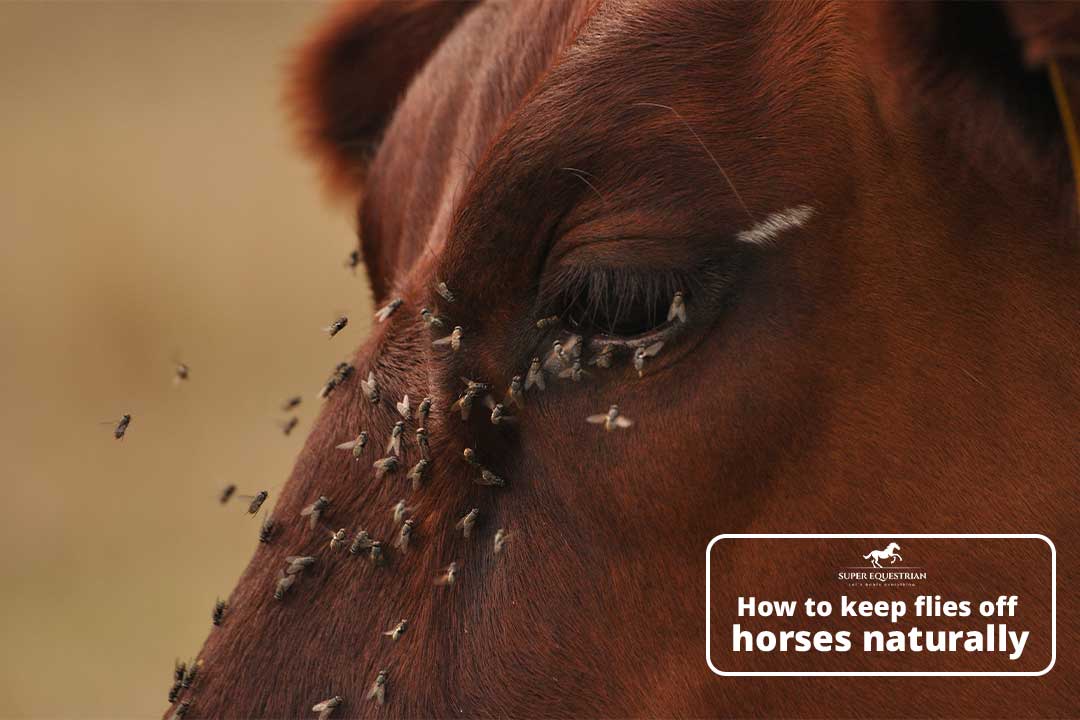
How to Keep Flies Off ...
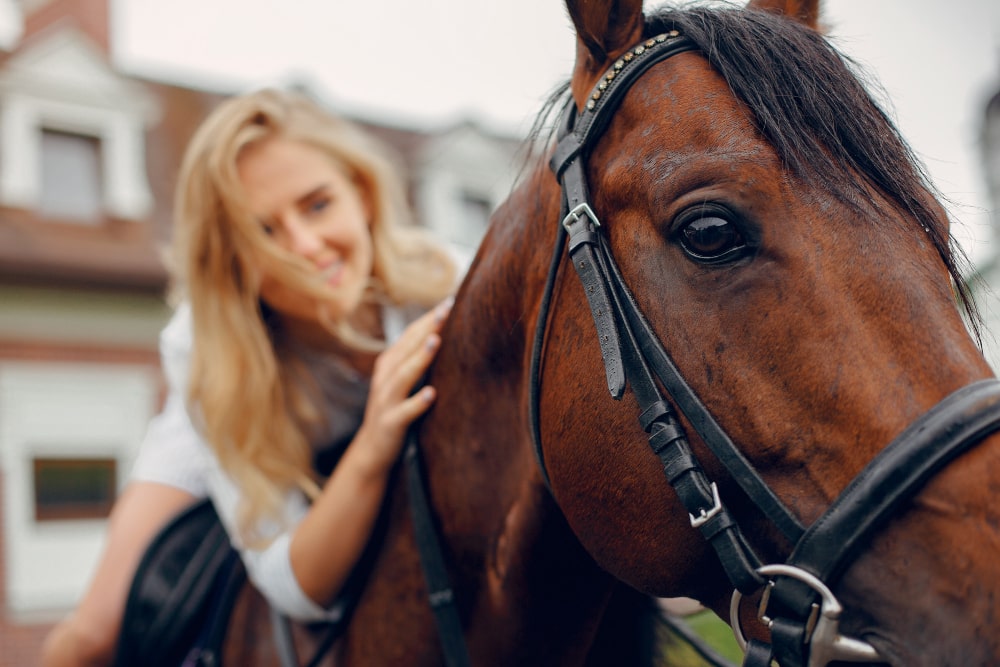
Pros and Cons Using A ...
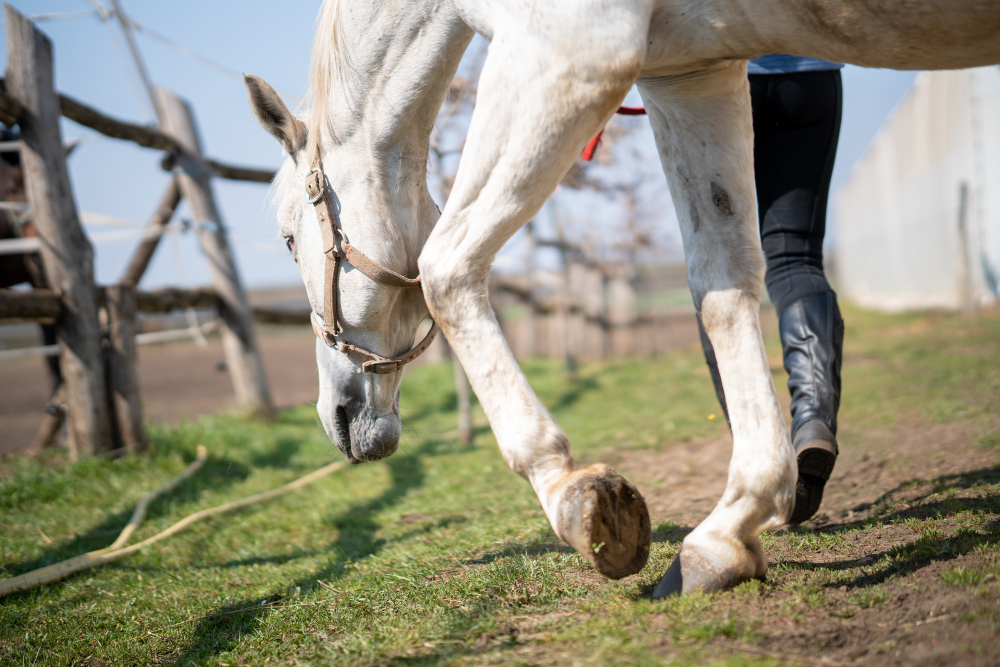
Can you ride a horse ...

Why are Corriente saddles so ...
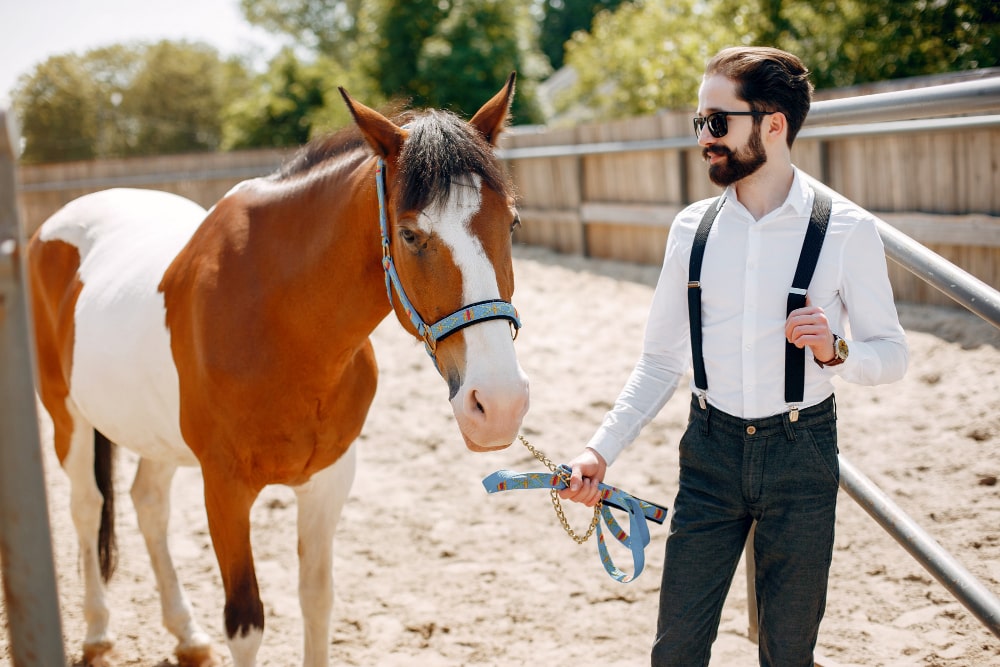
Pros and cons of equine ...
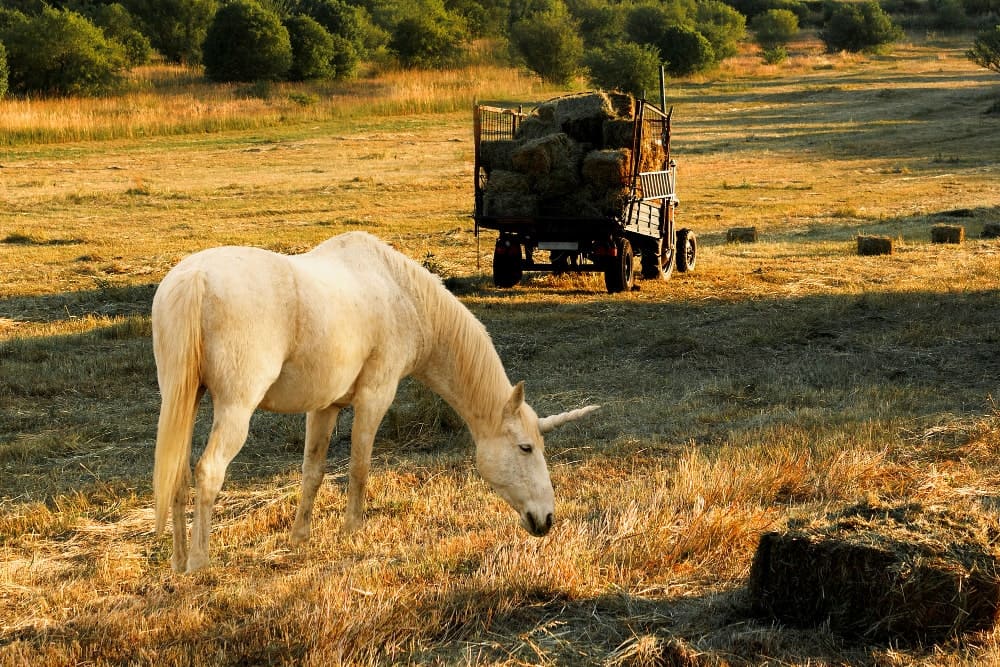
How Long After Mowing Can ...

How to Care for a ...
.jpg)
Why Do Horses Wear Blinders: ...
.jpg)
How to fit an exercise ...

Why is my horse bucking ...
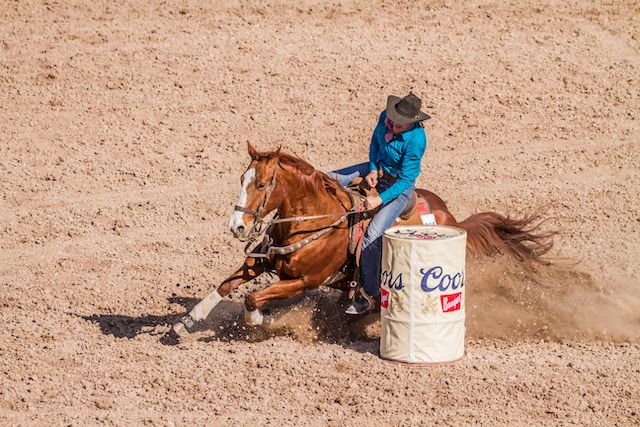
What causes a horse to ...
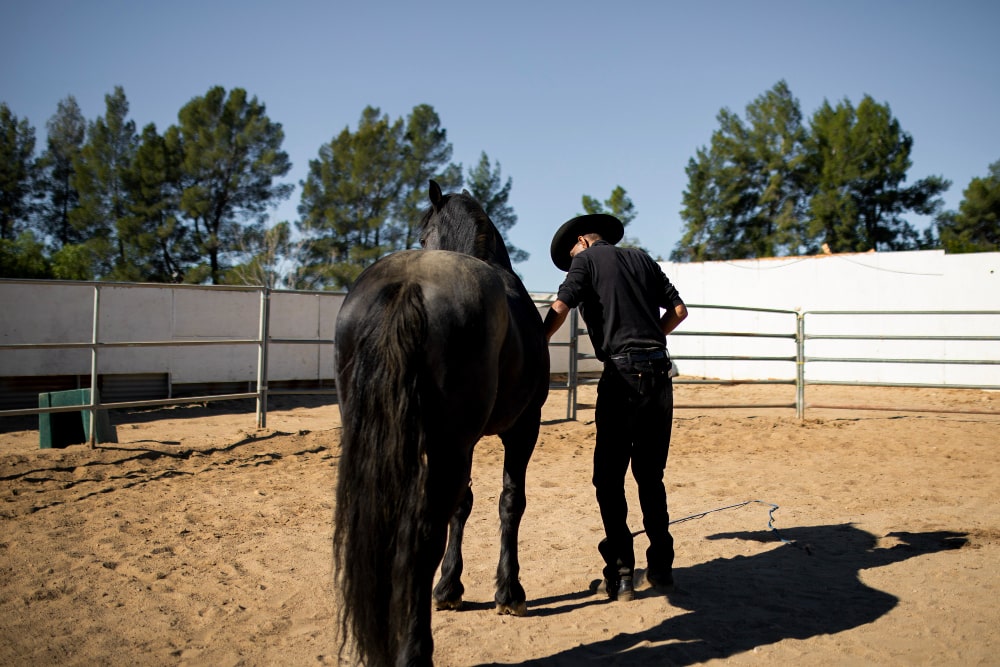
How to Stop a Horse ...
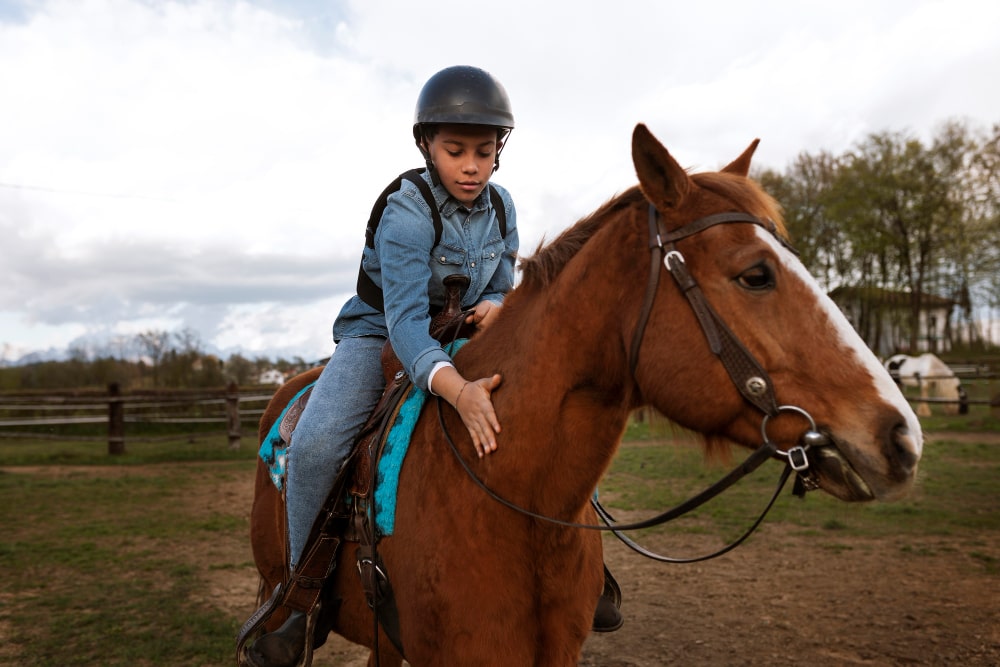
Why Is My Horse Bunny ...
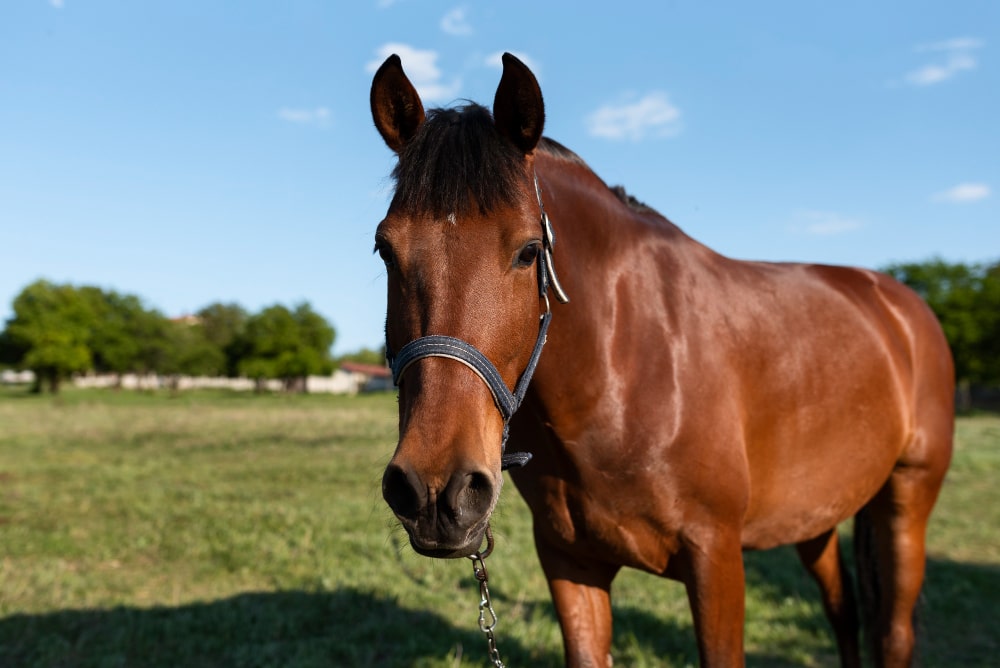
How To Improve Pasture For ...
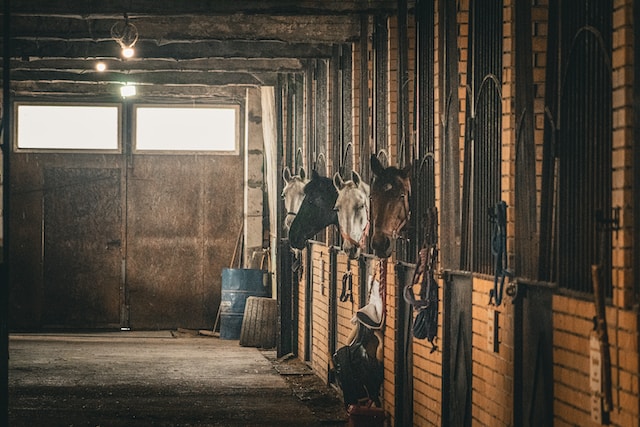
How to get the smell ...

Can you add ramp to ...

What Is The Temperament Of ...
.jpg)
Why Is Friesian Horse Hair ...
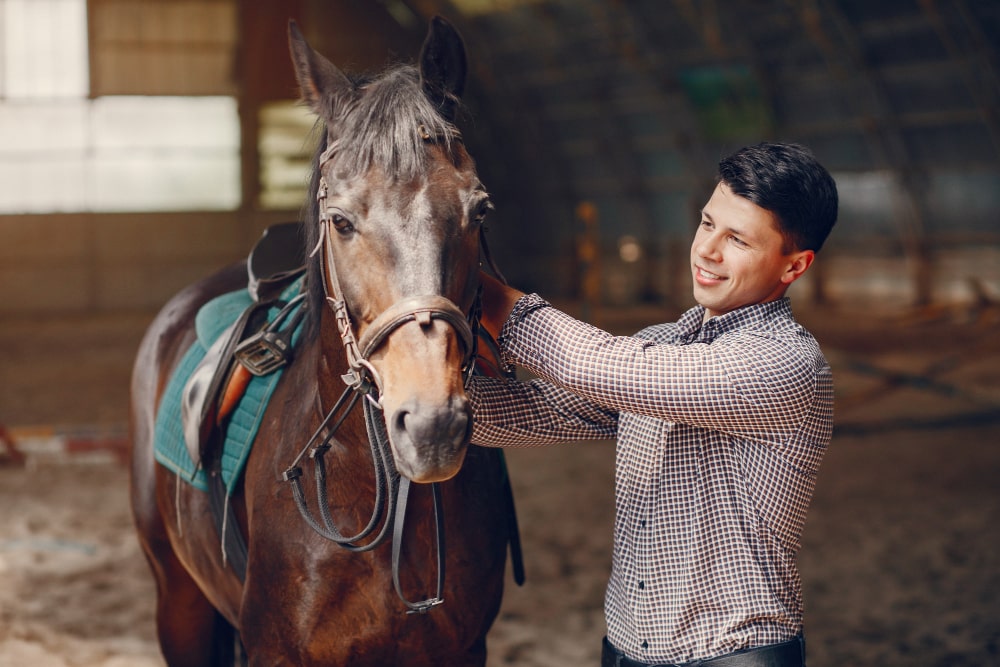
Why is my horse testing ...
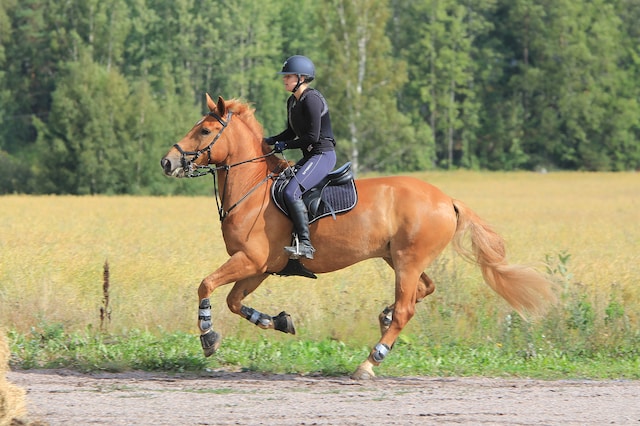
How often you should take ...
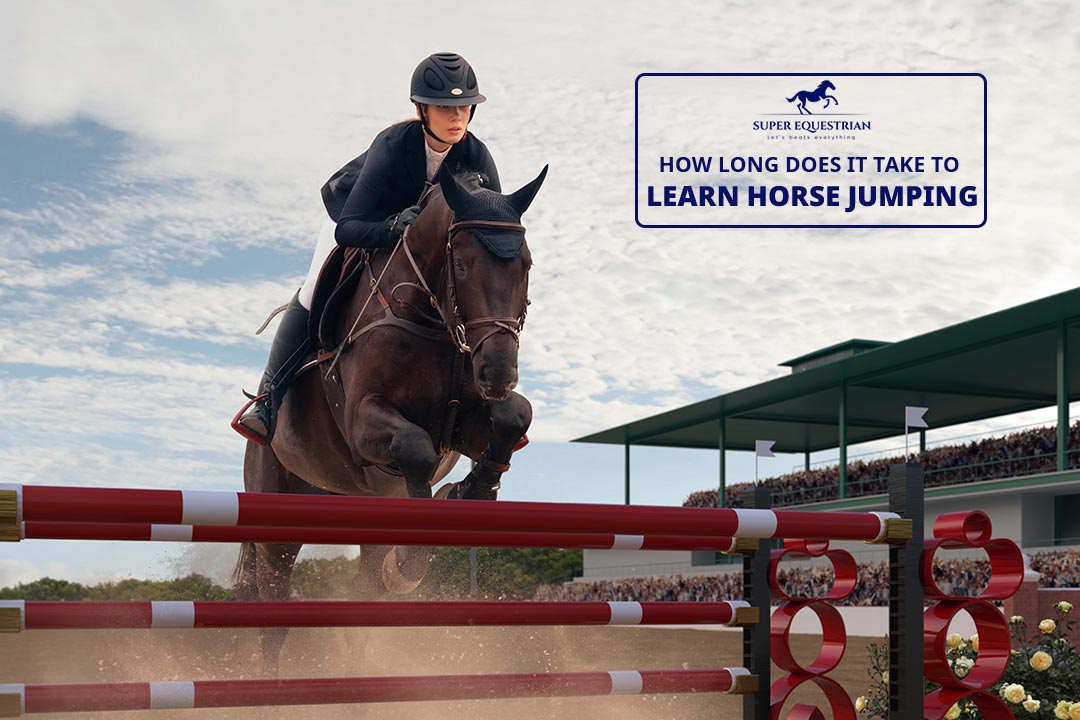
How long does it take ...
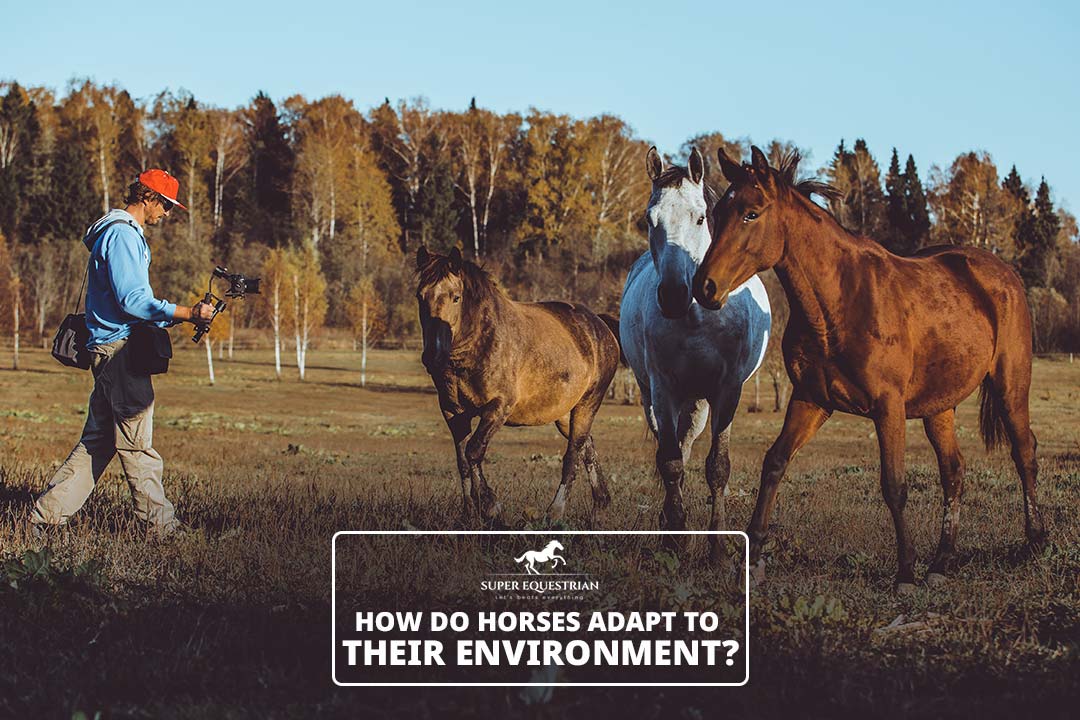
How do horses adapt to ...

How To Prepare For A ...
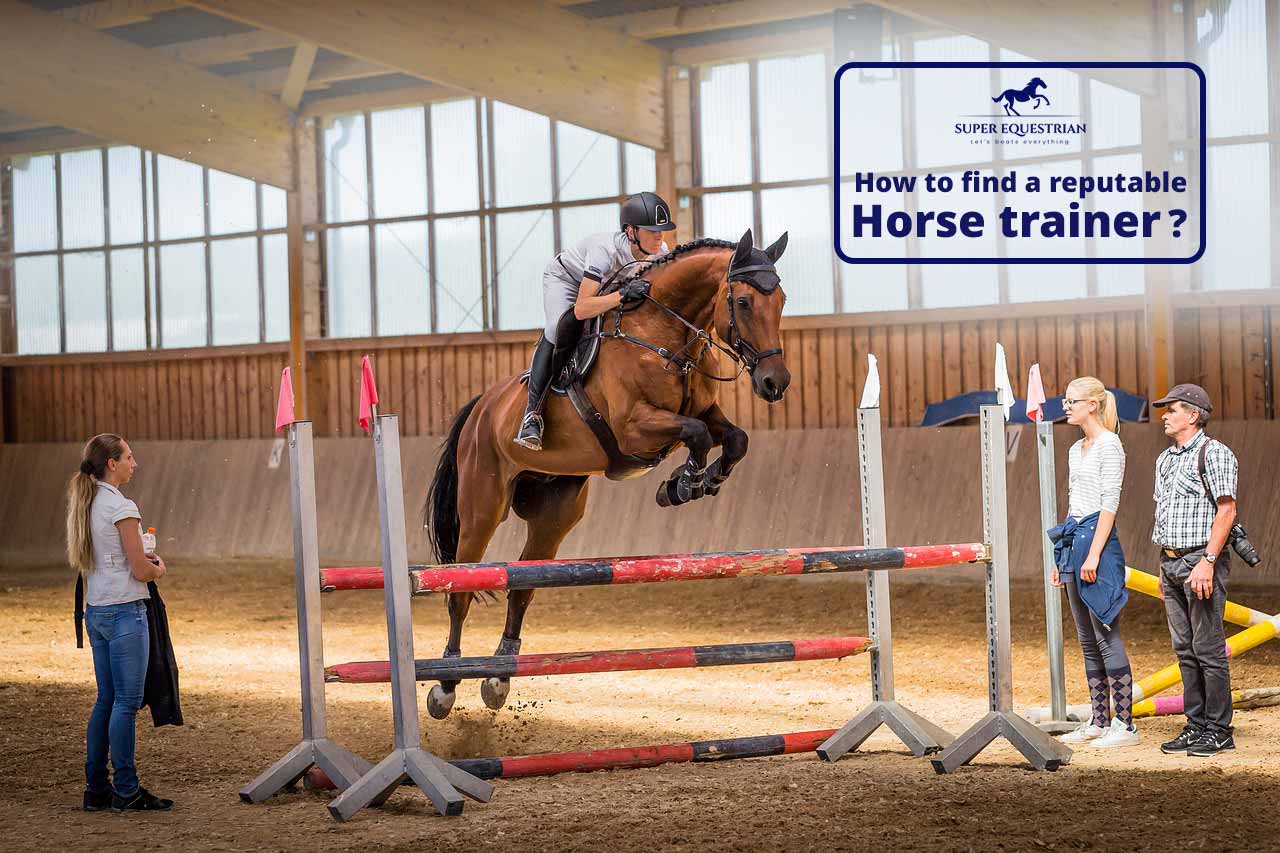
How To Find A Reputable ...
.jpg)
Do Horses Get Medals at ...

How to create a horse-...